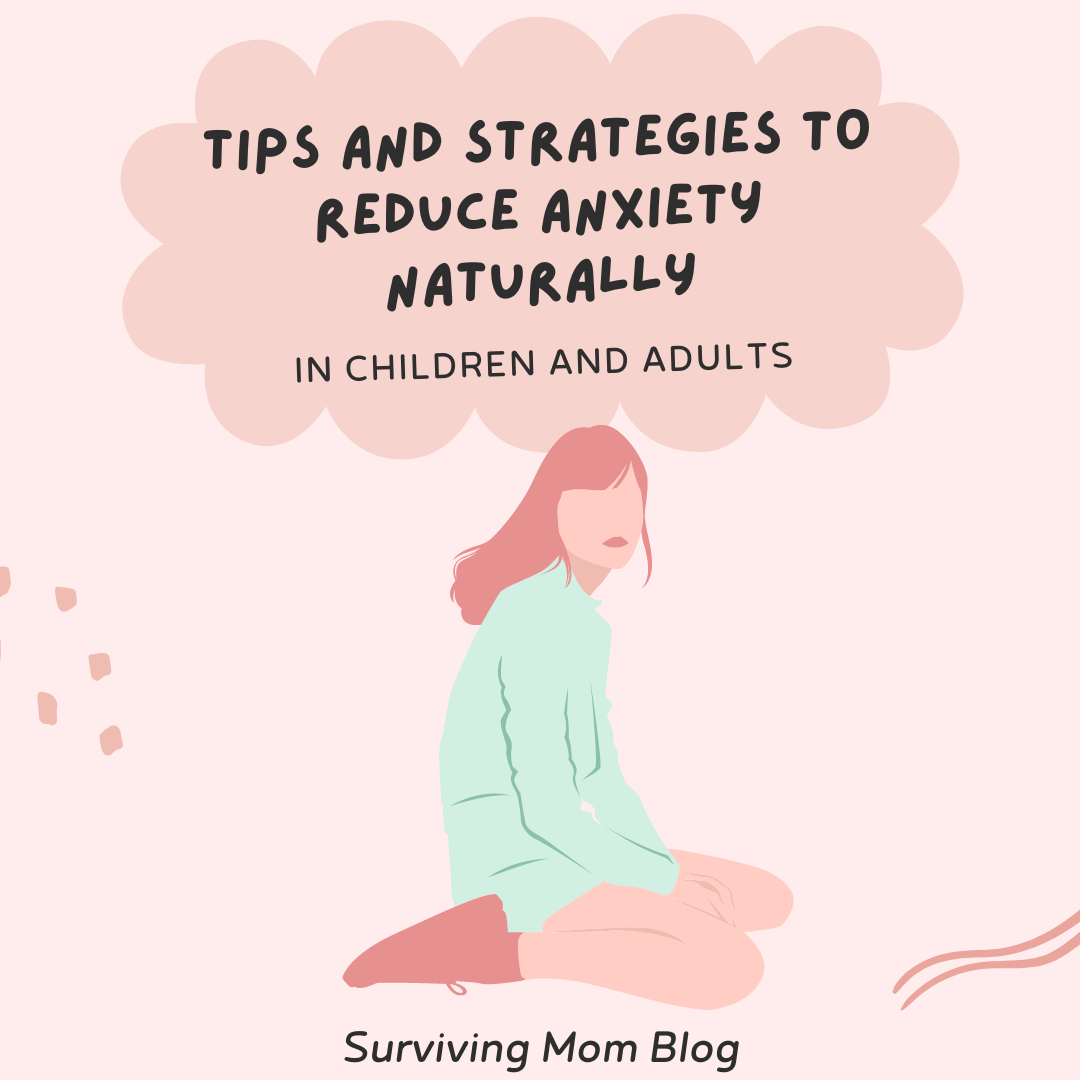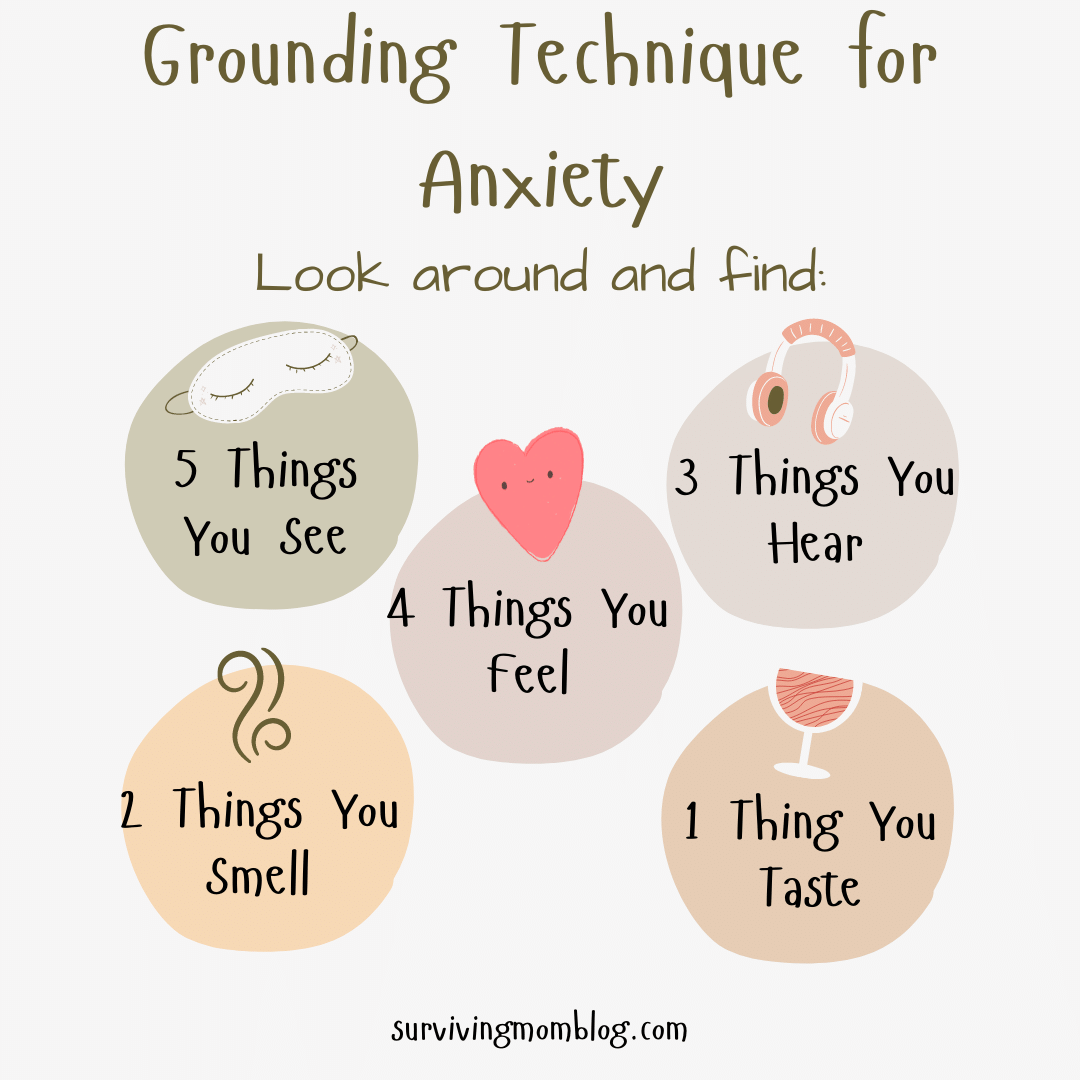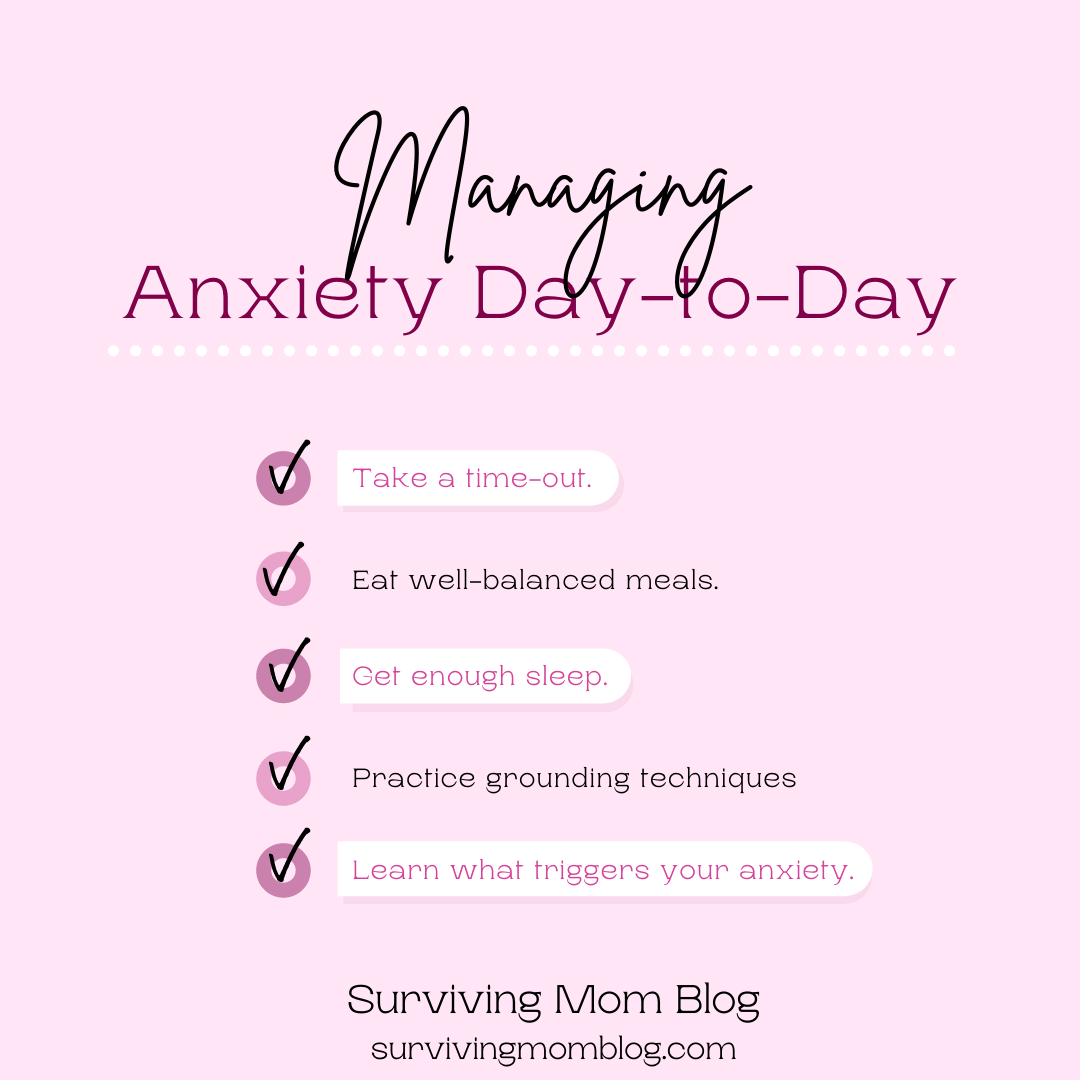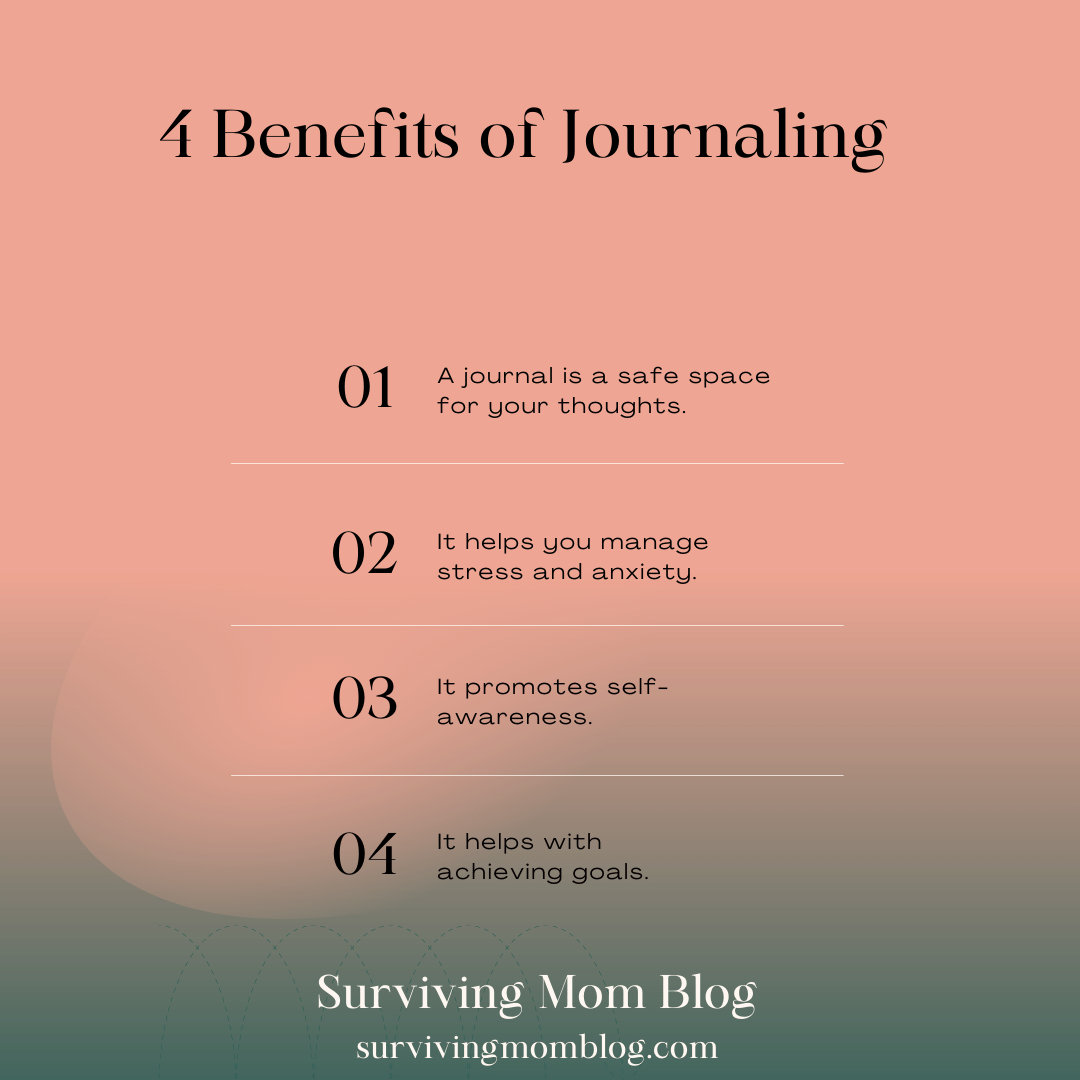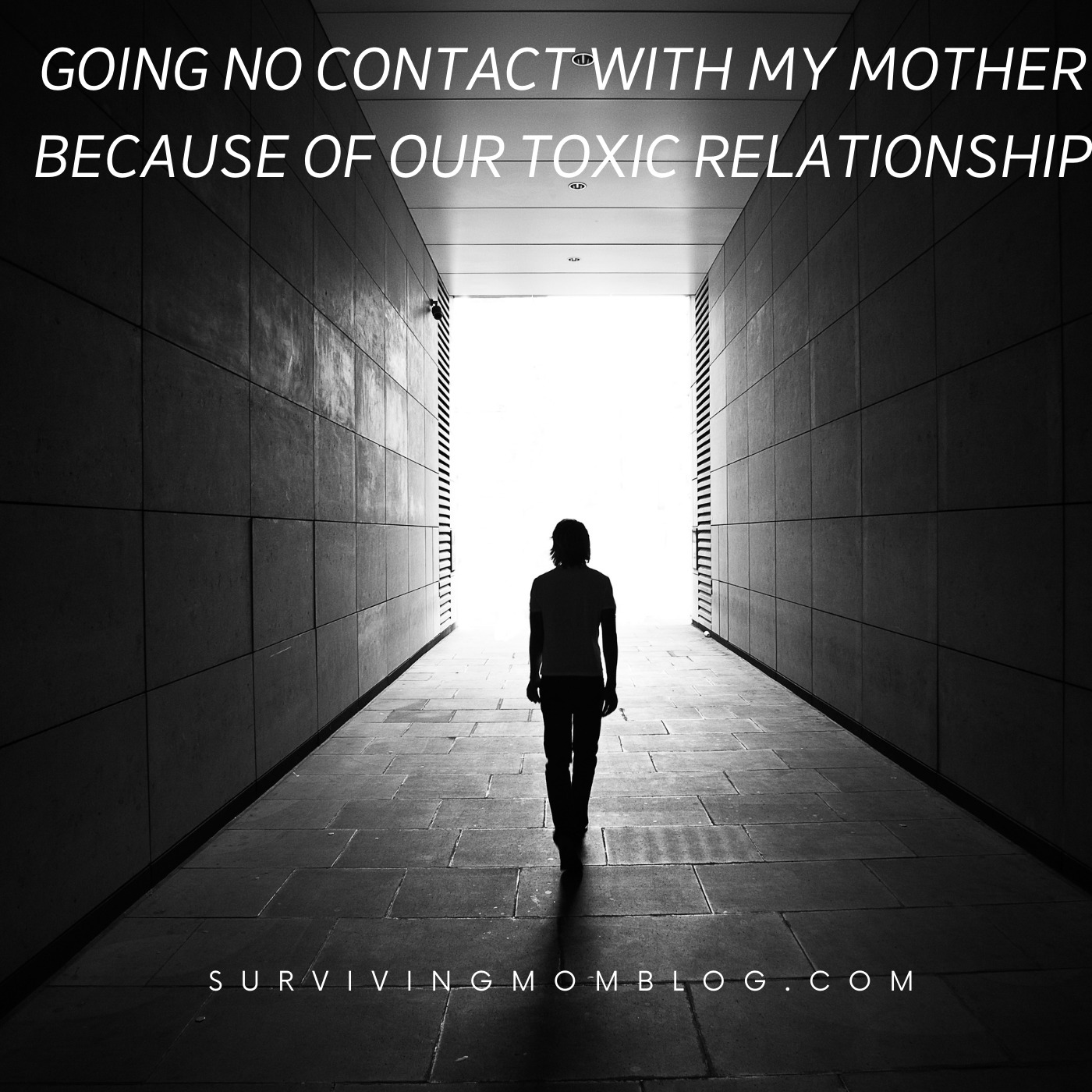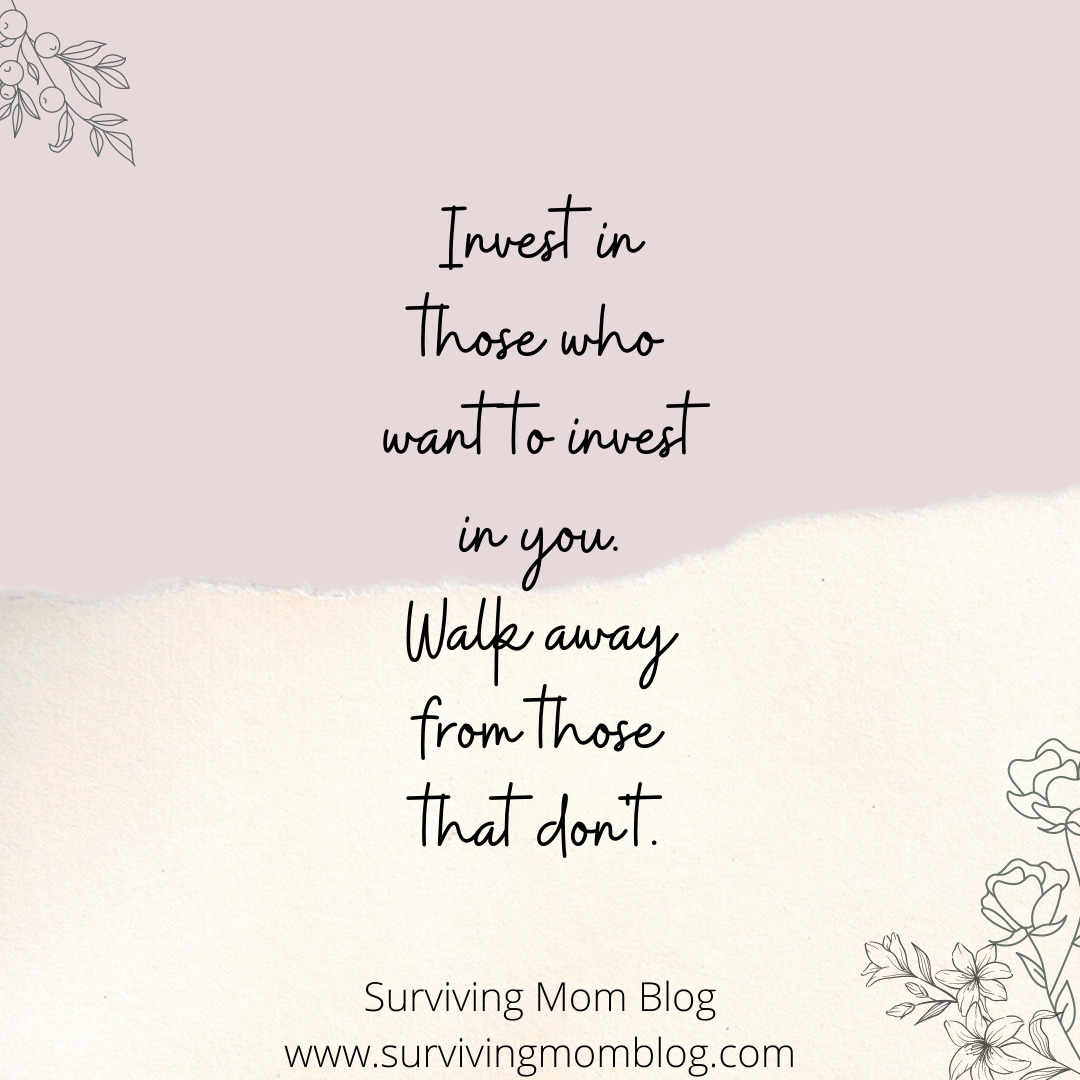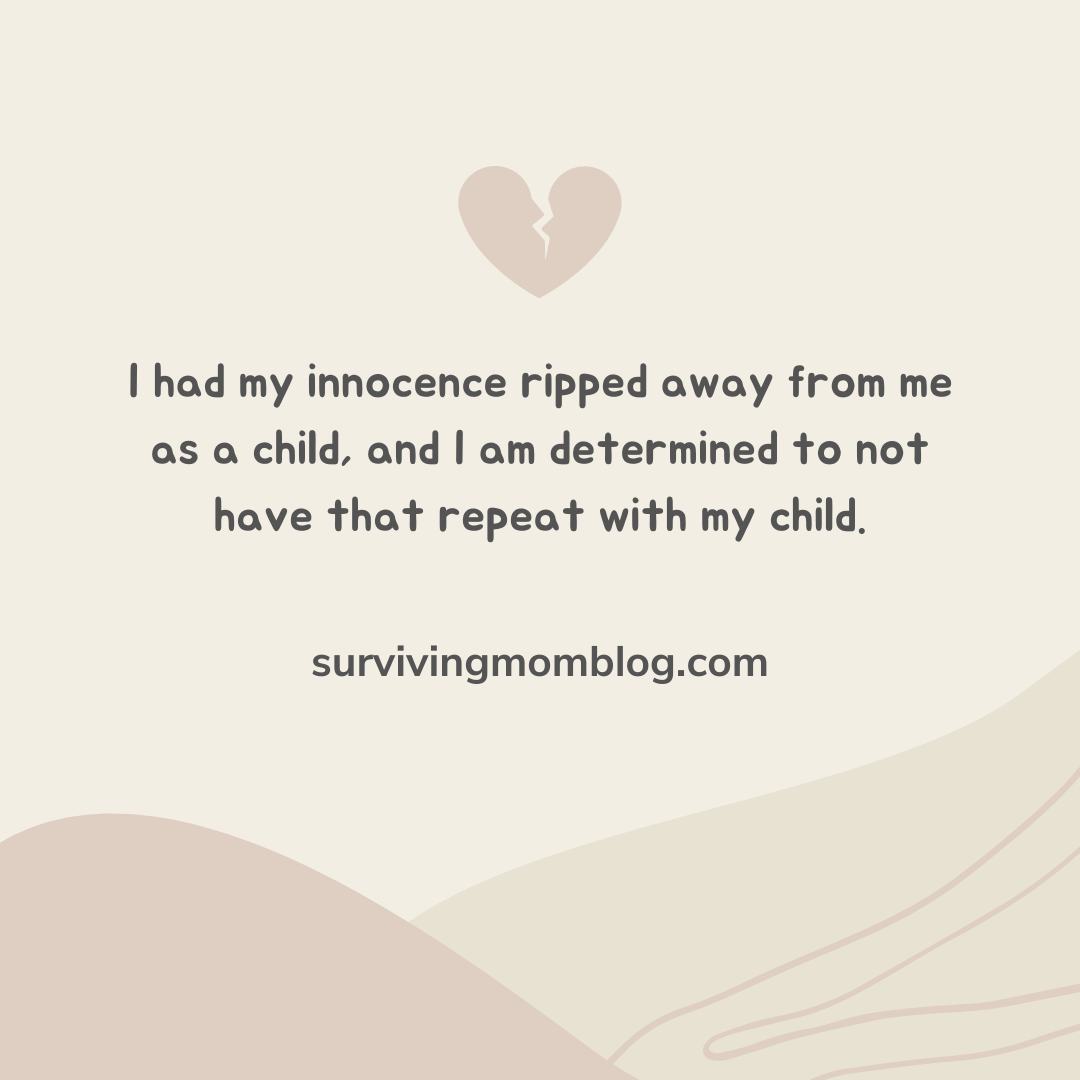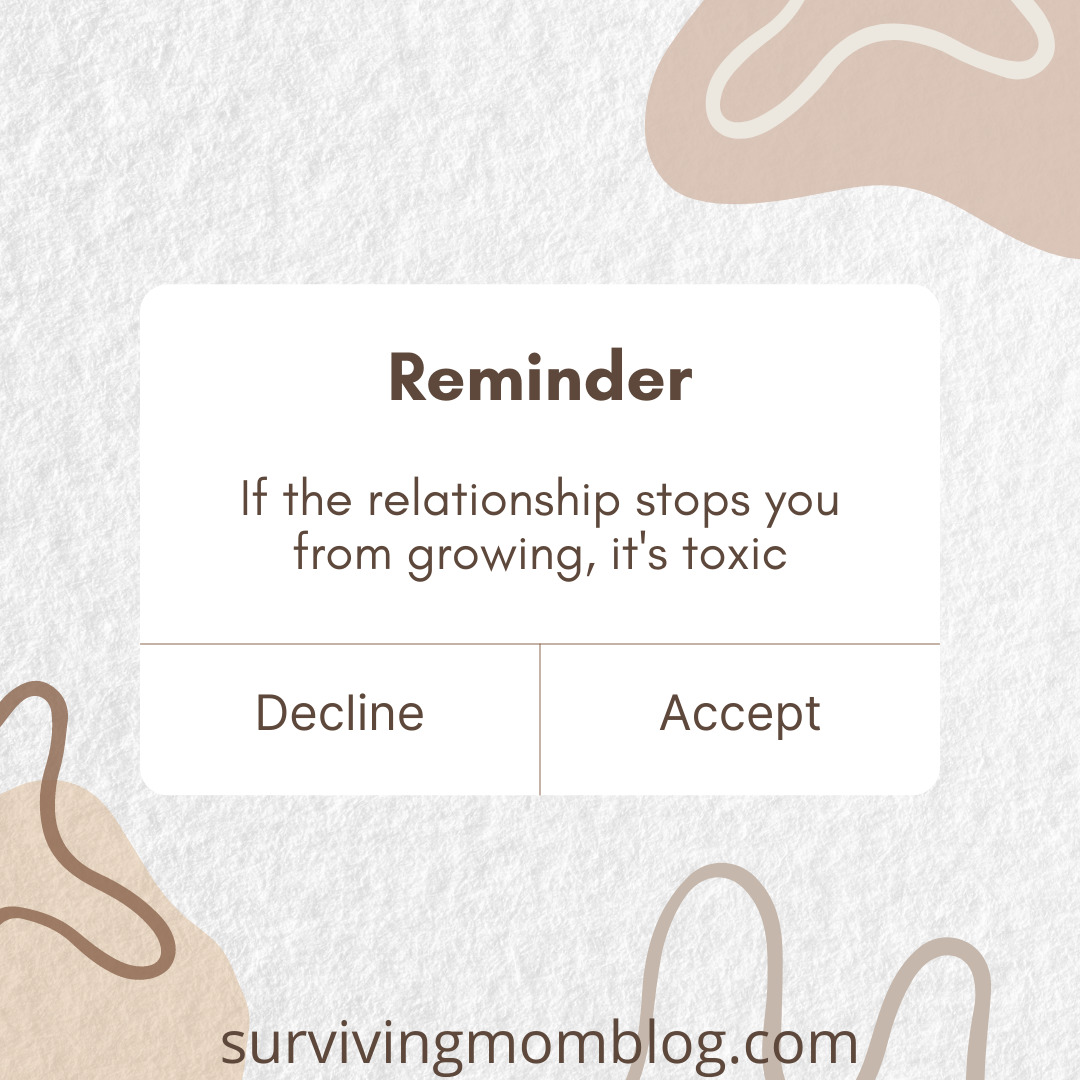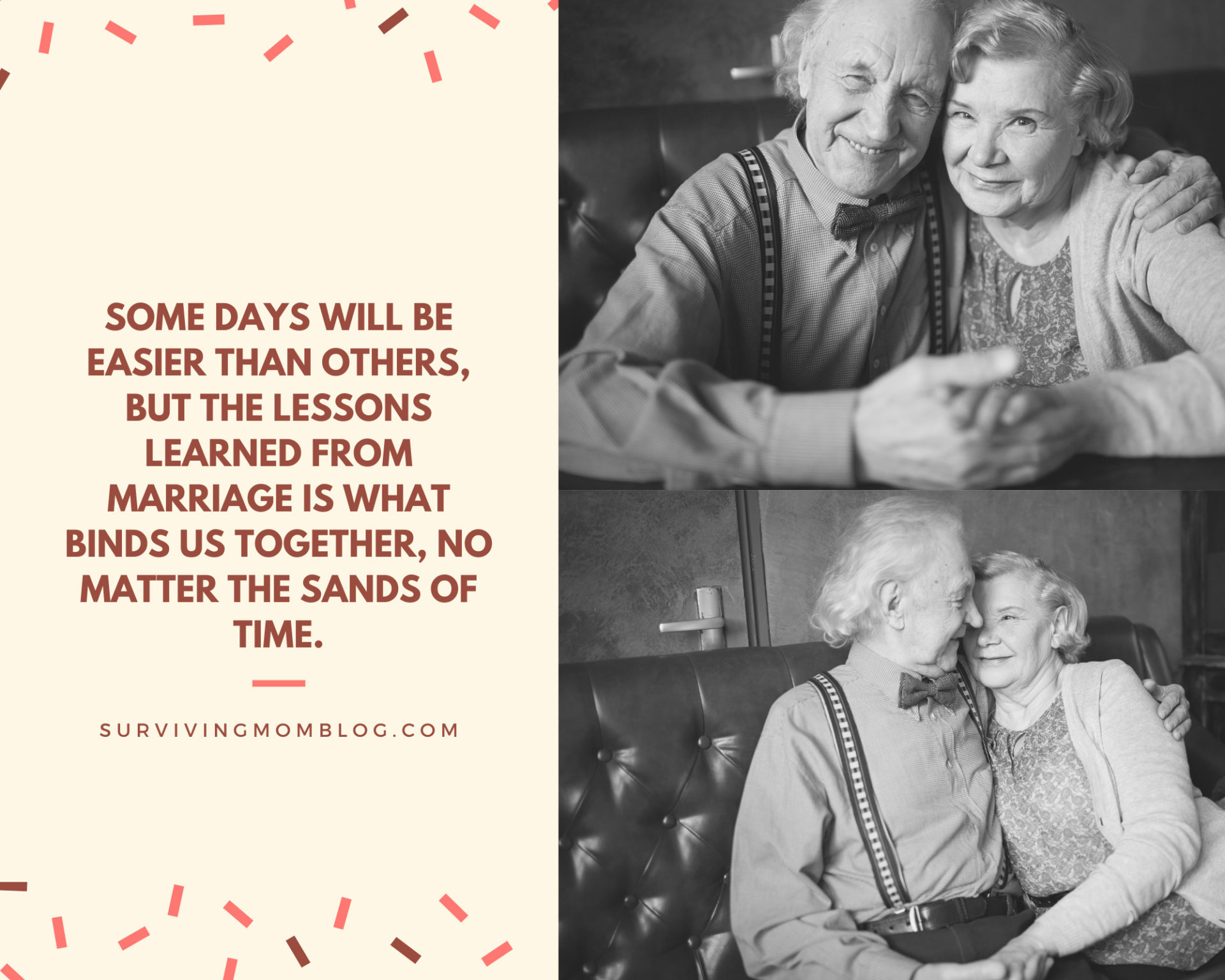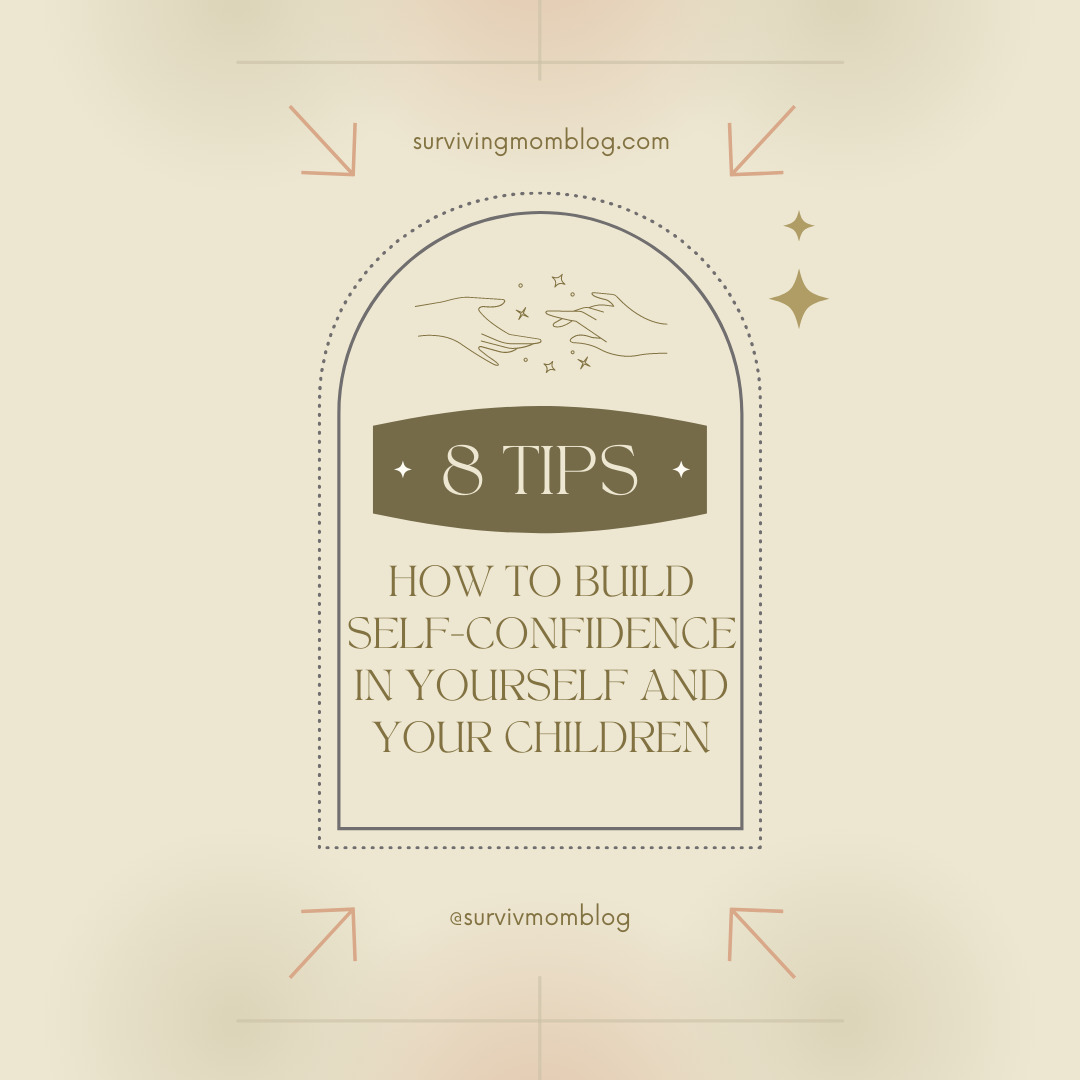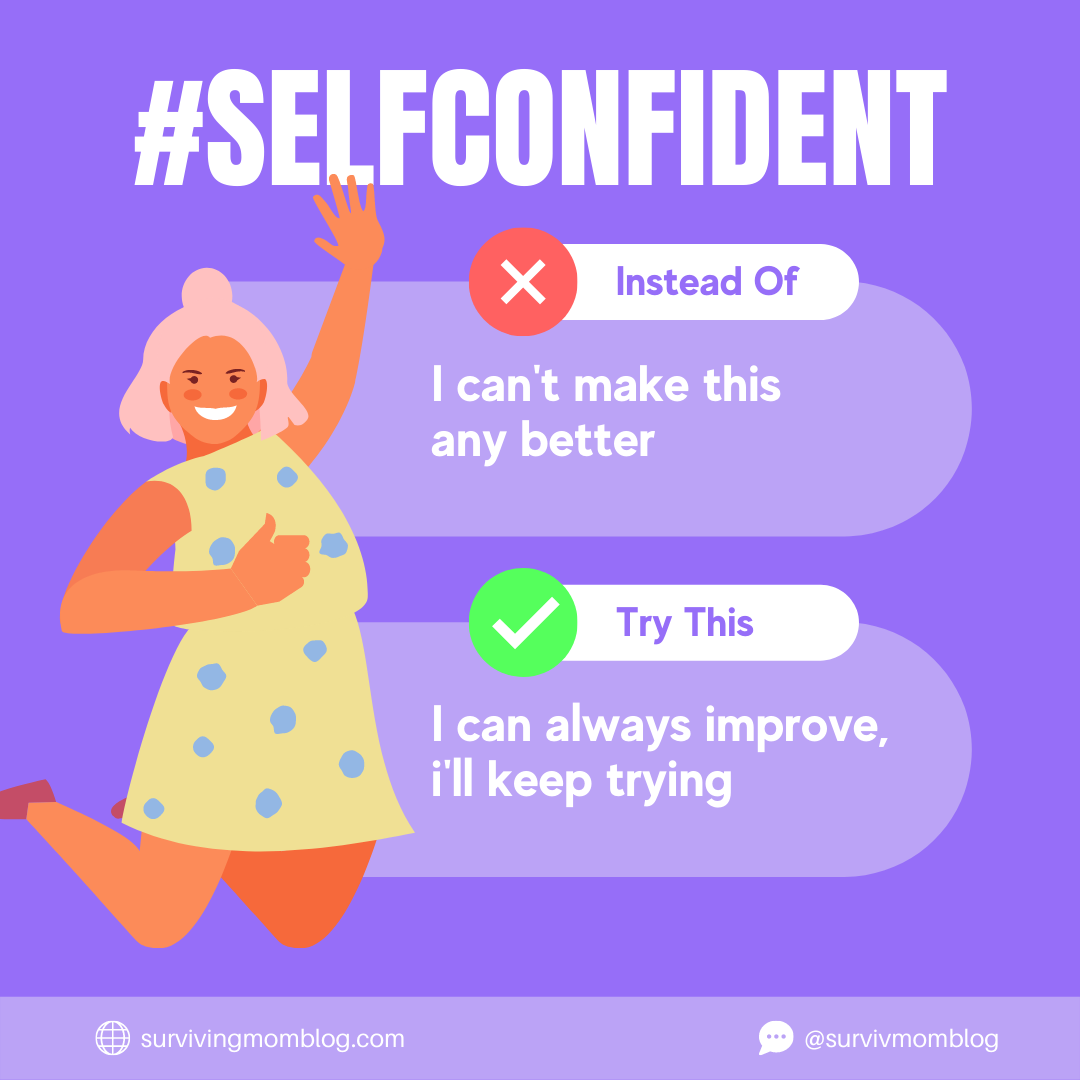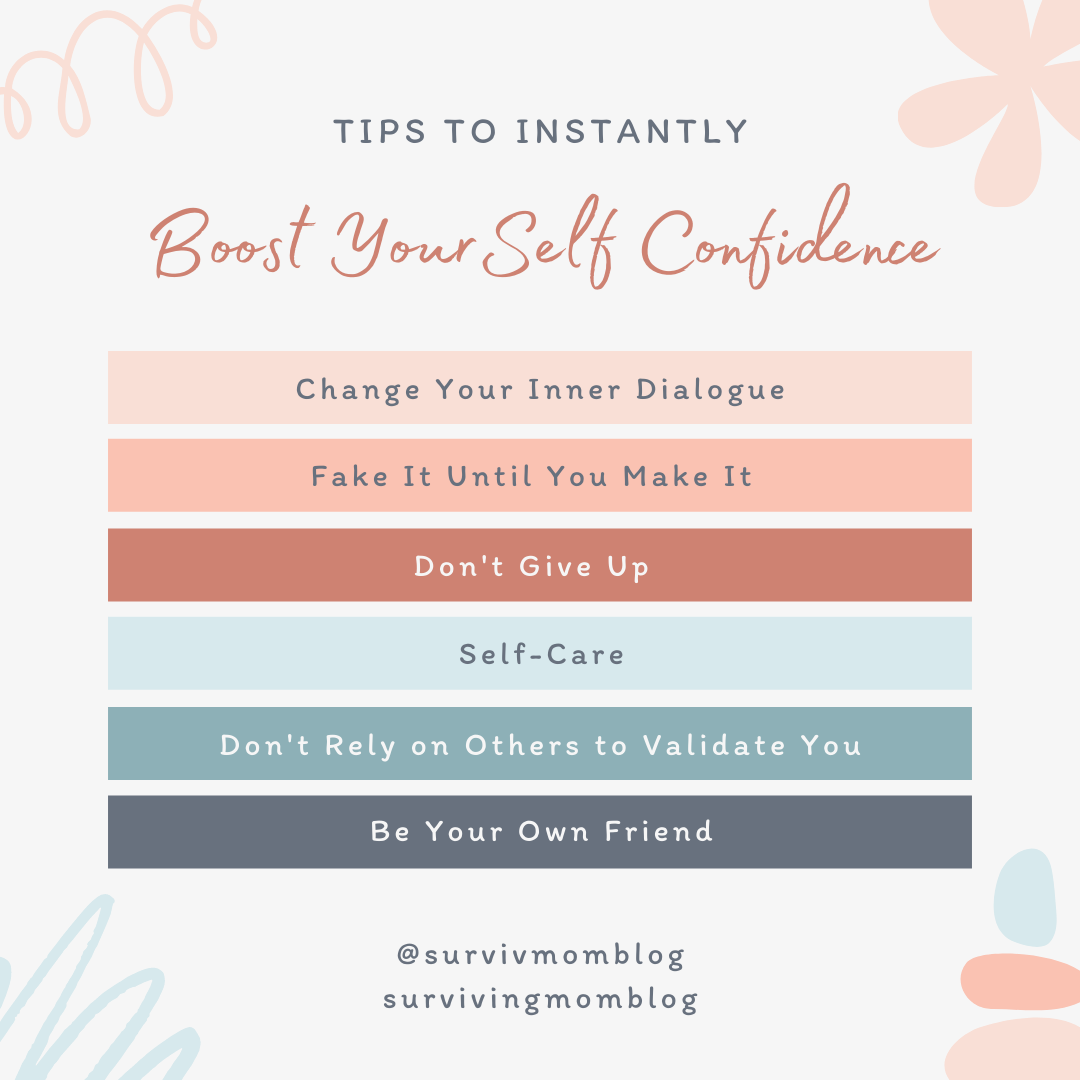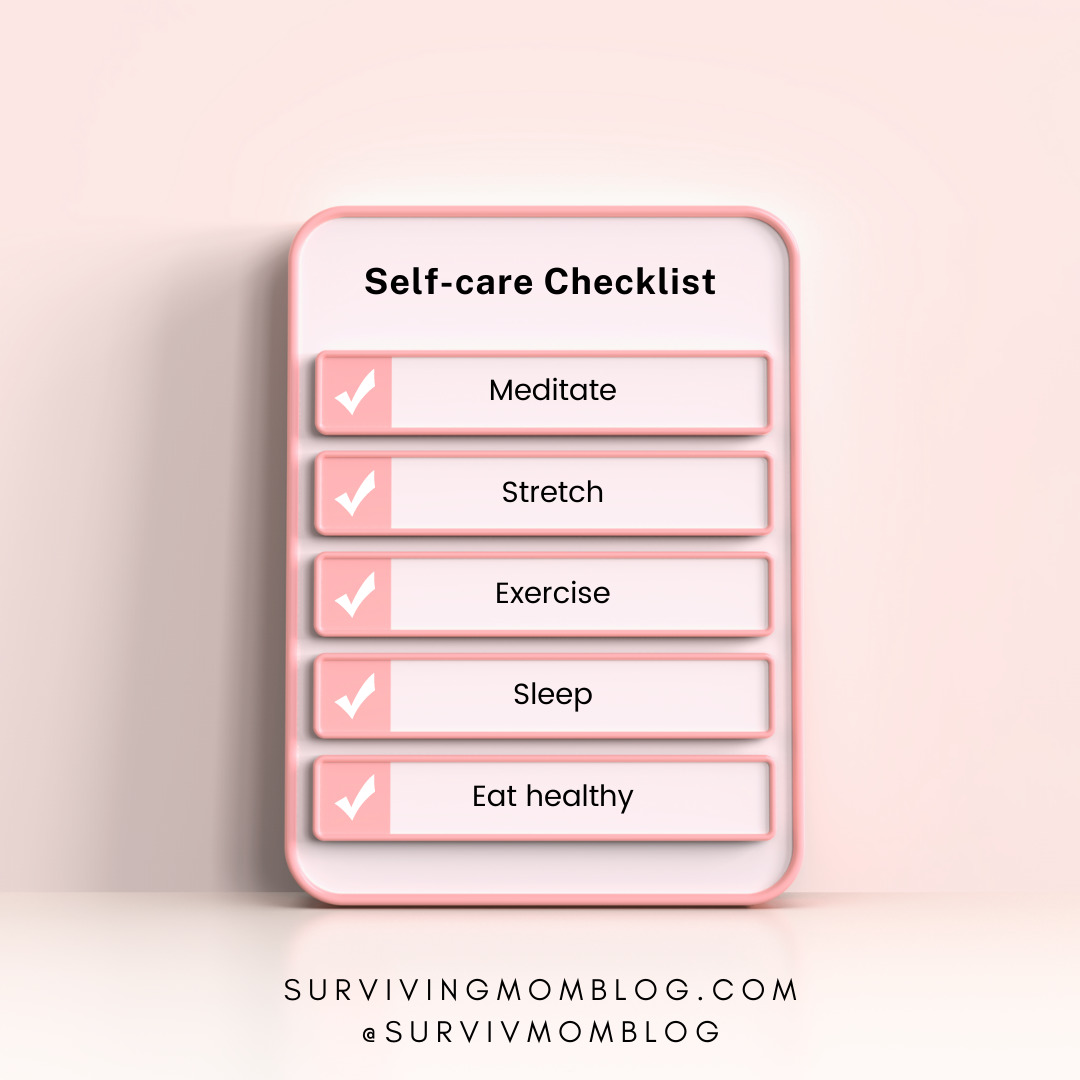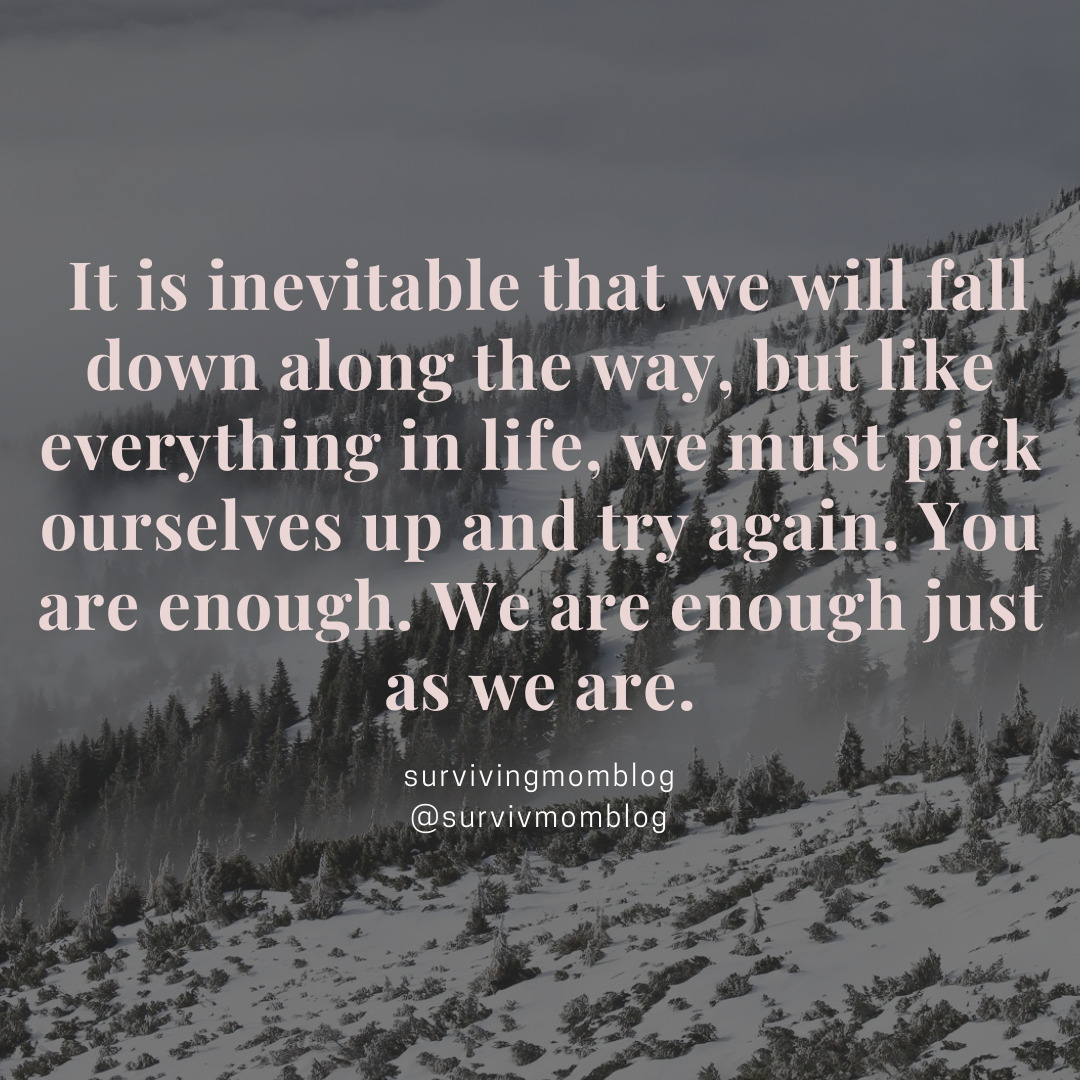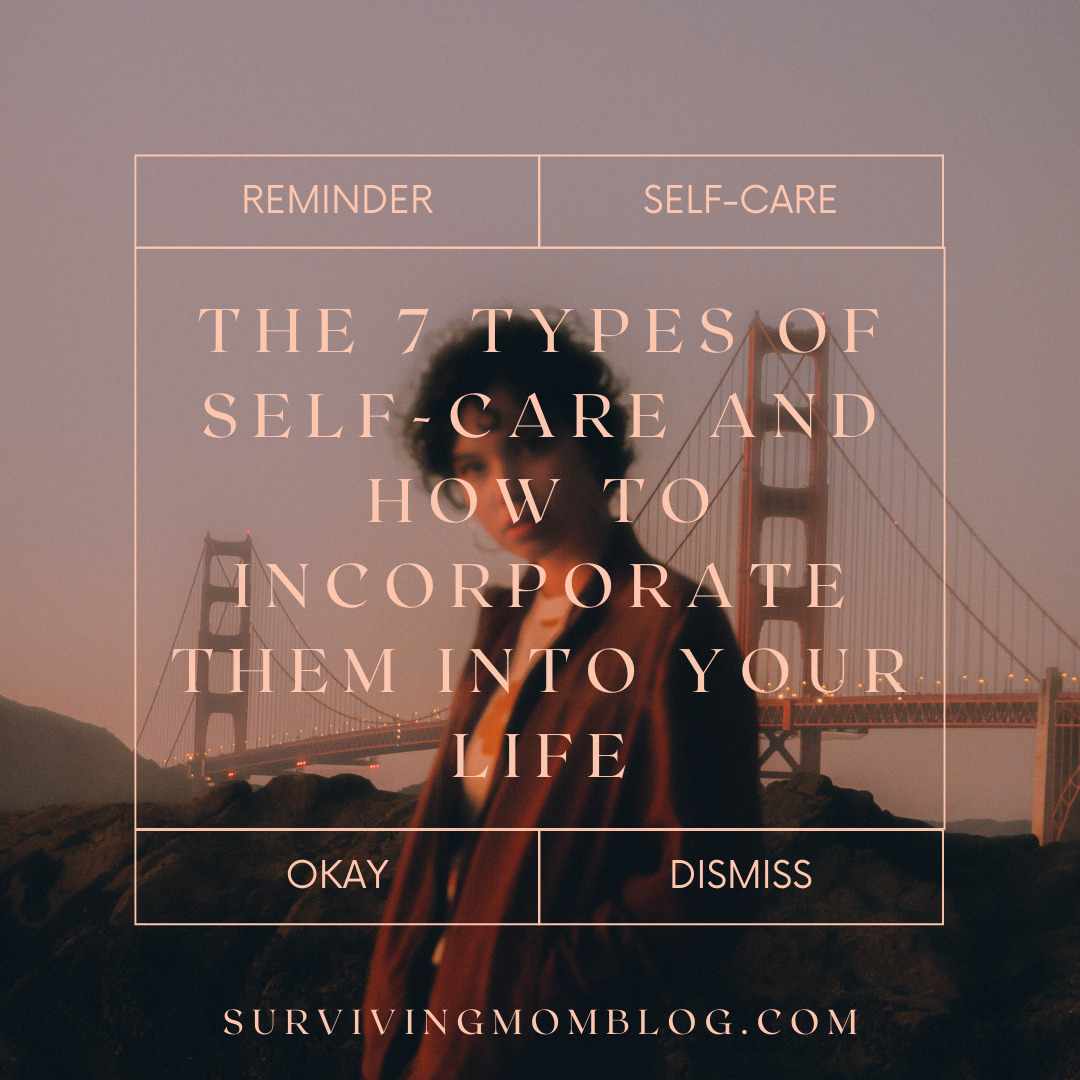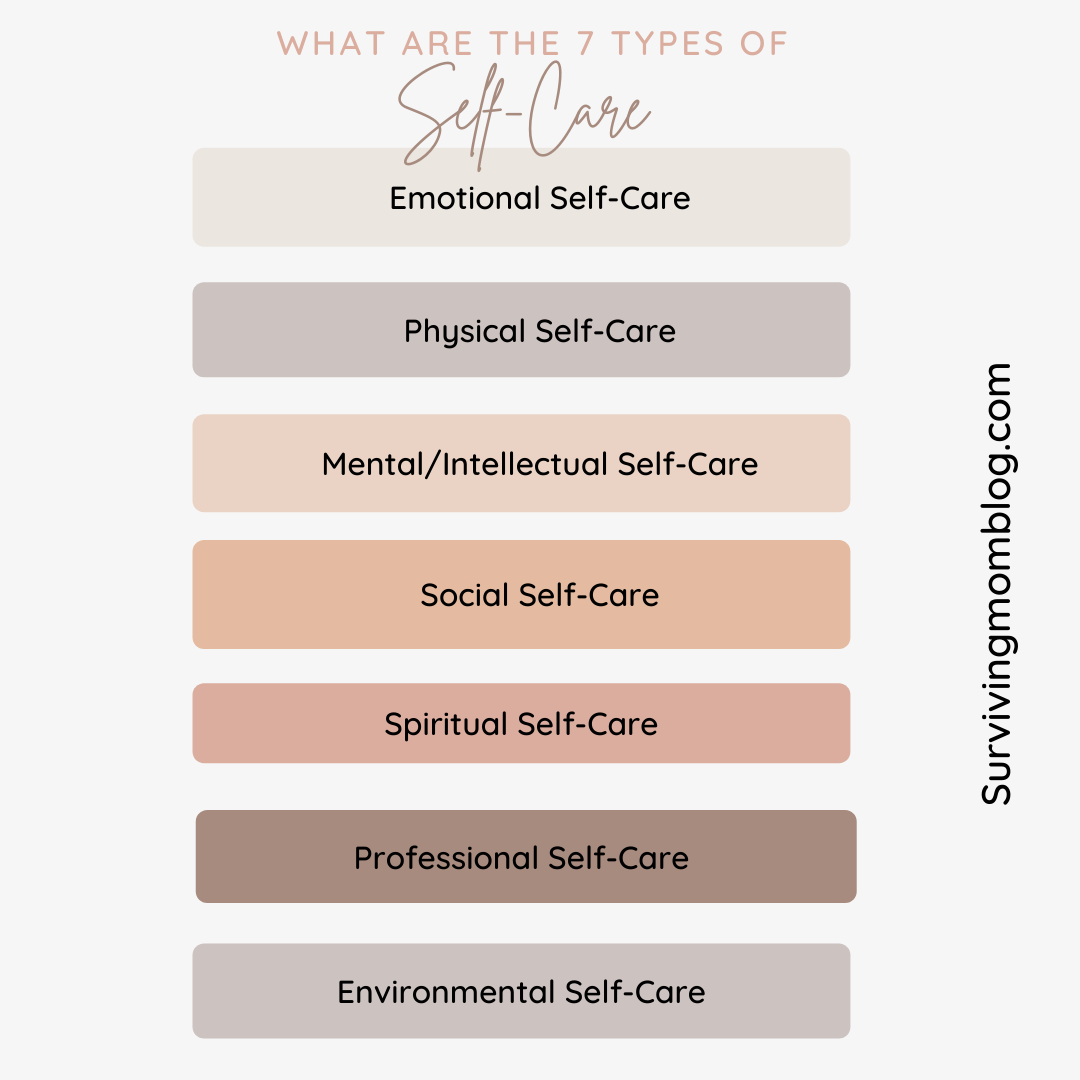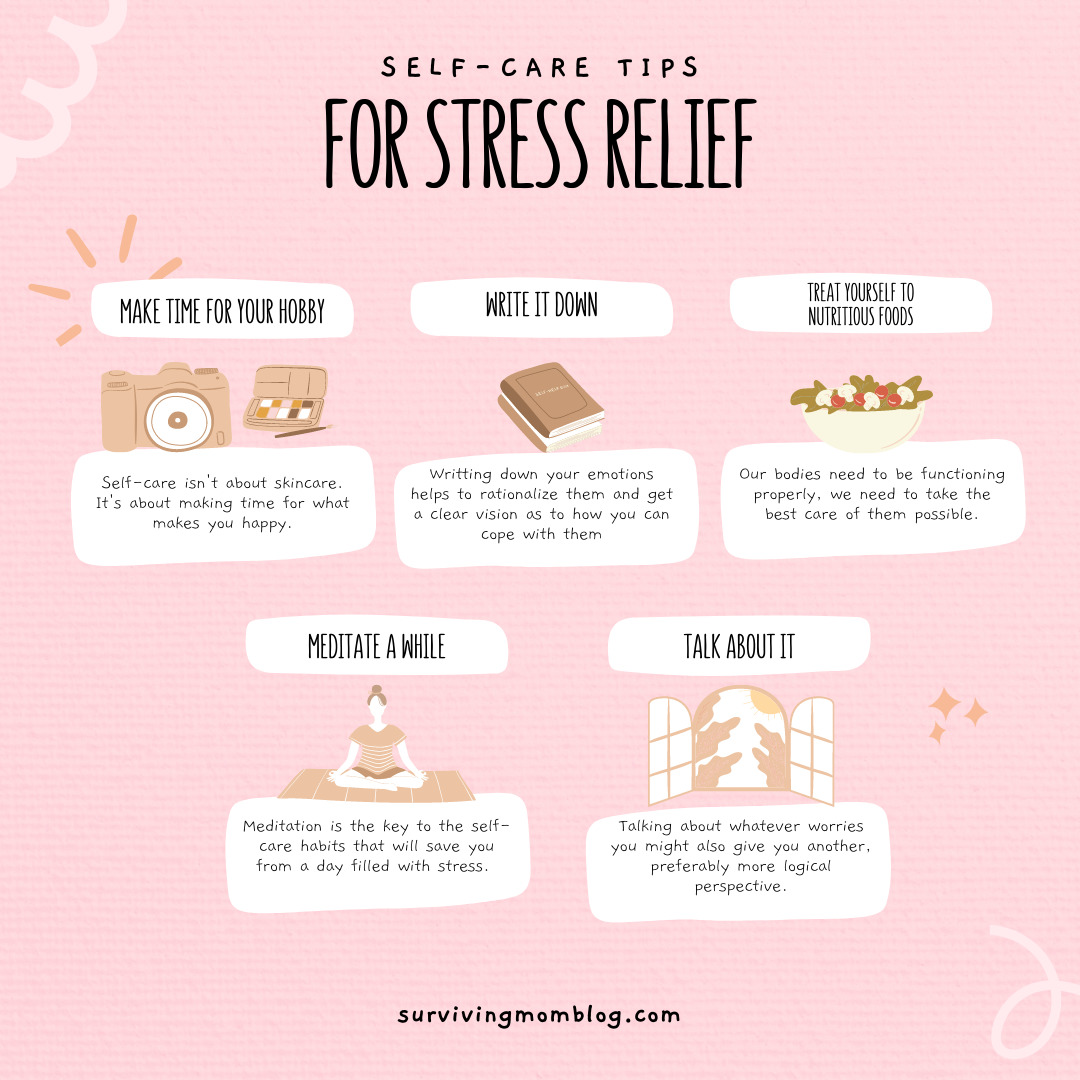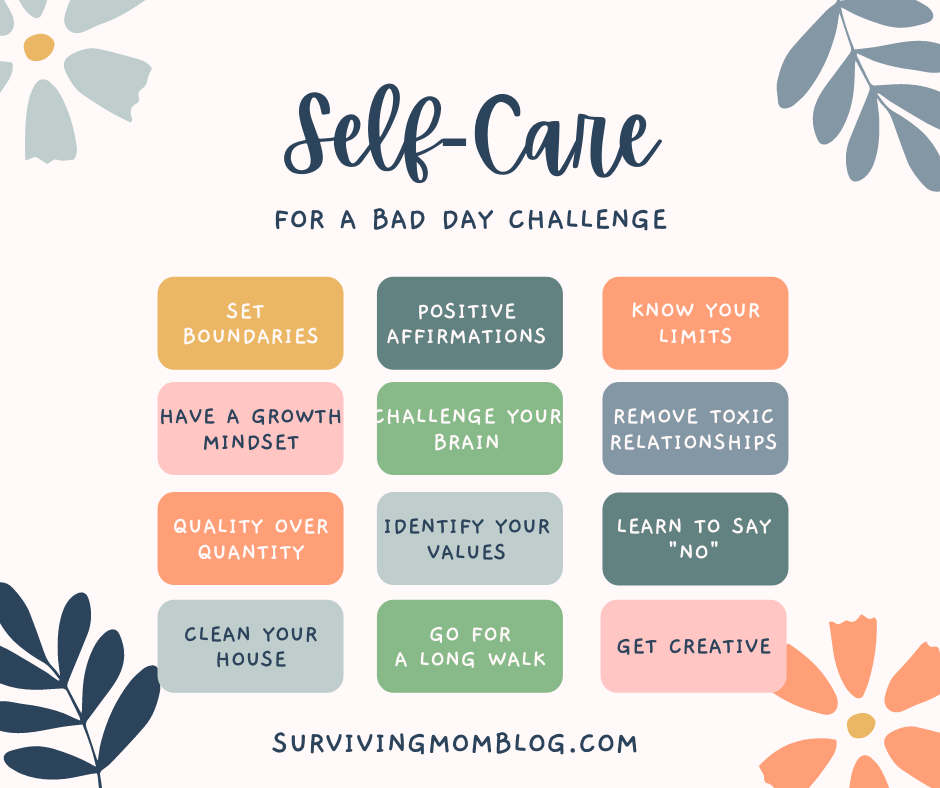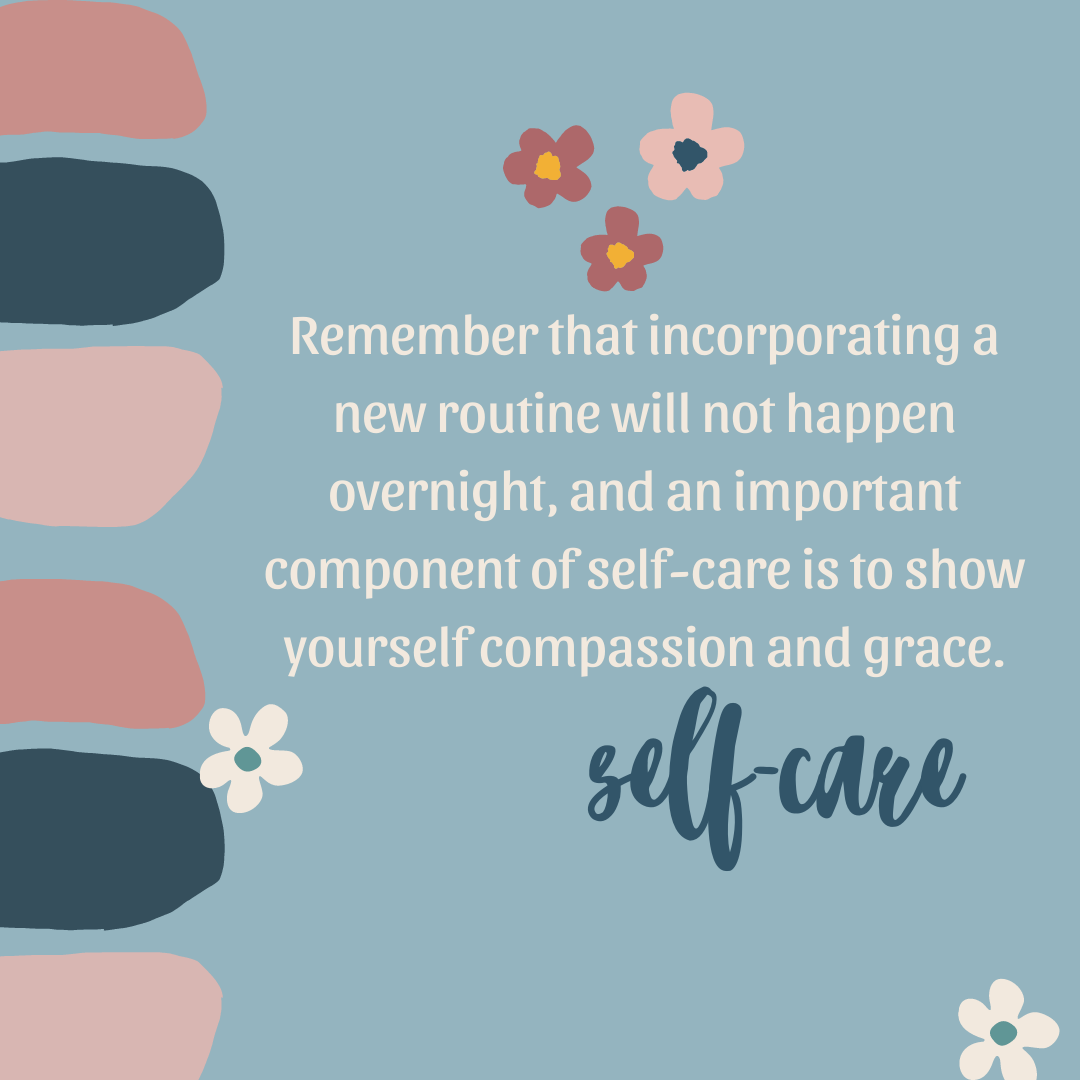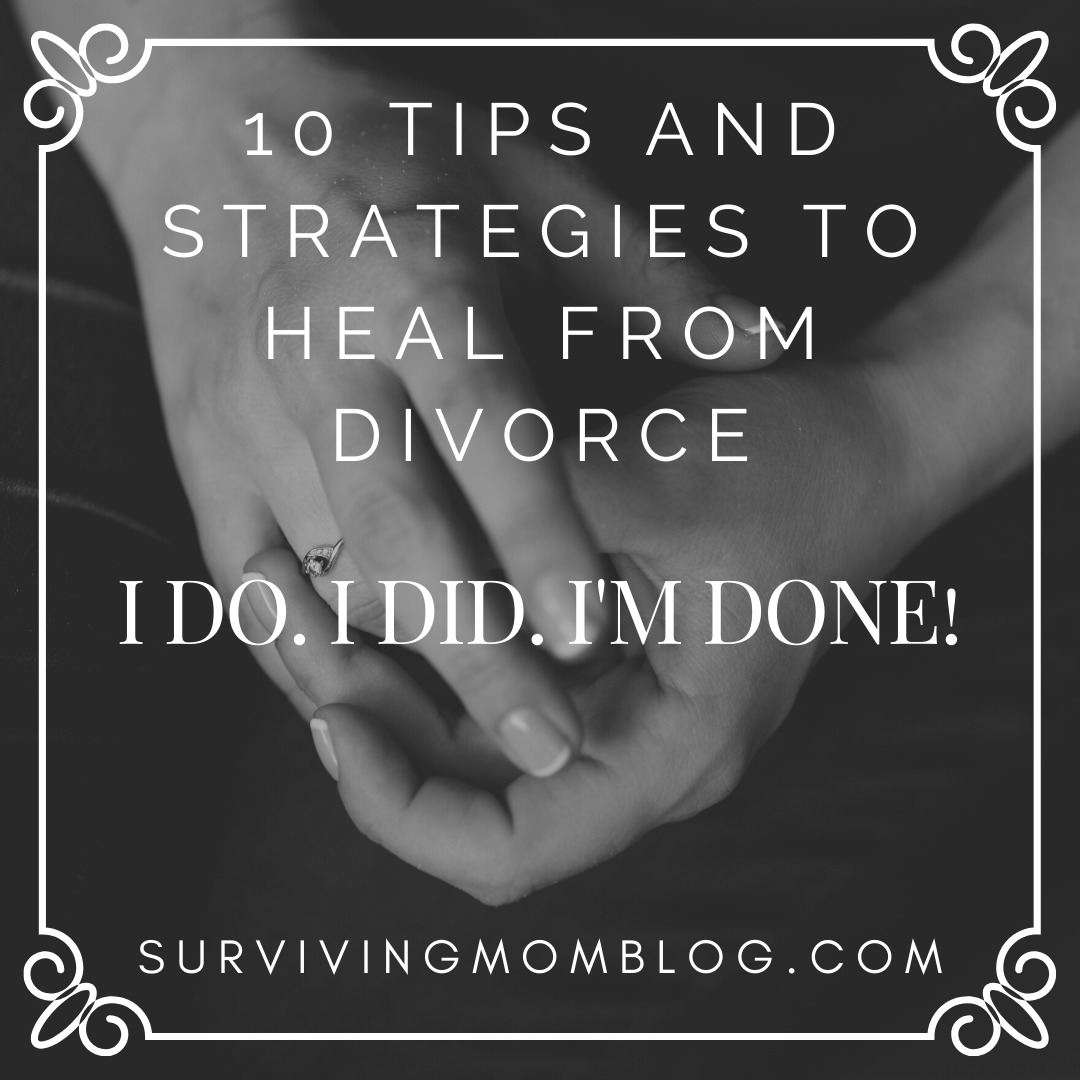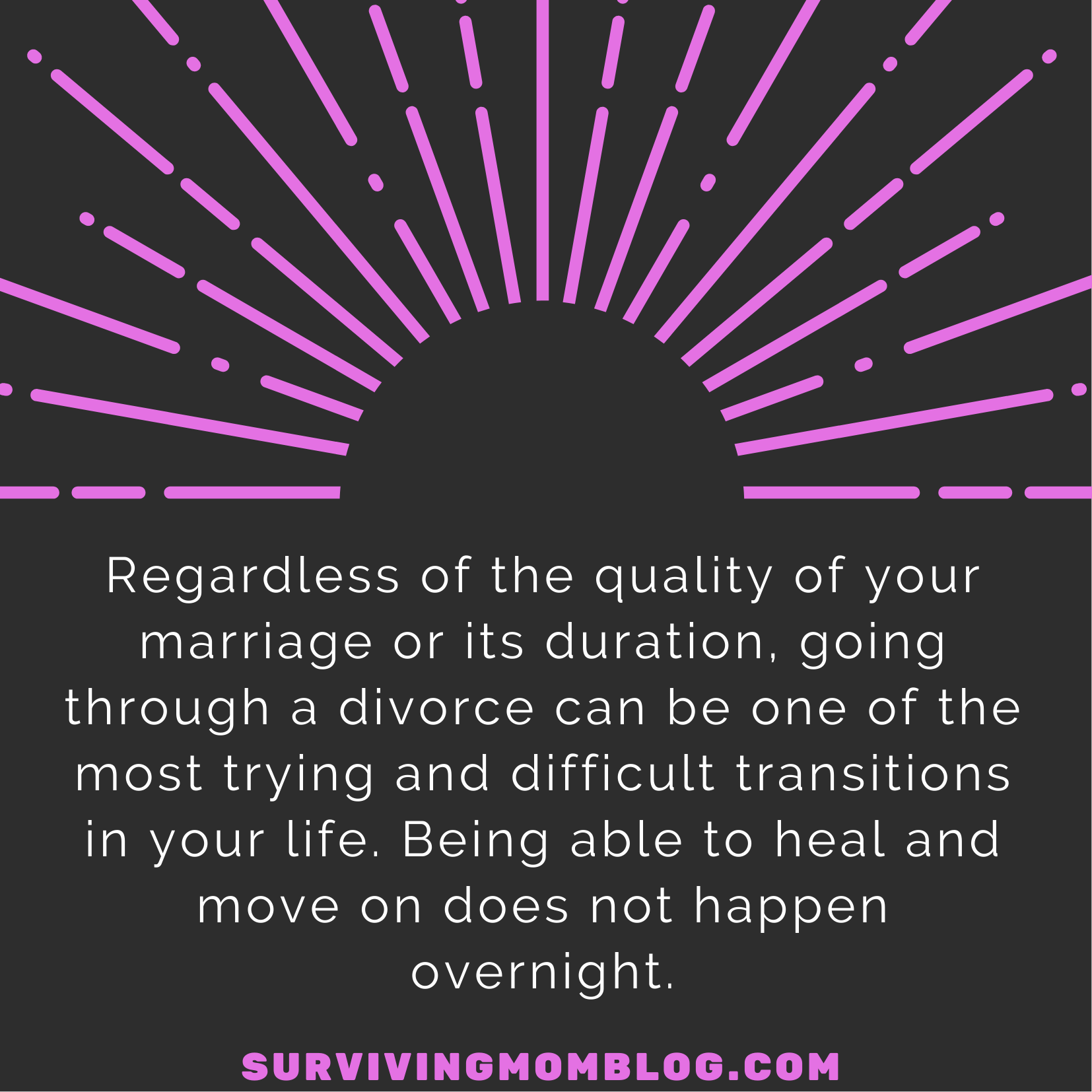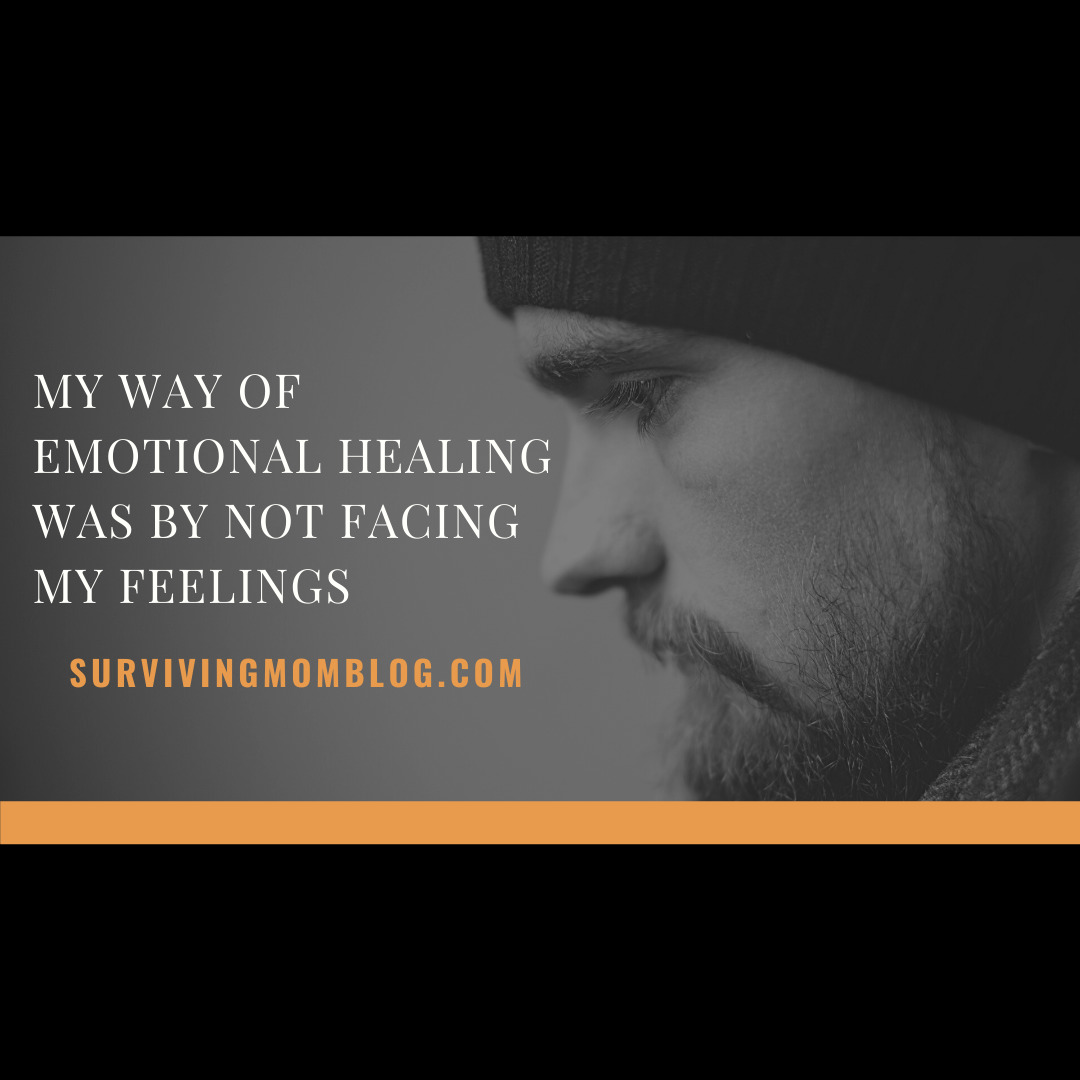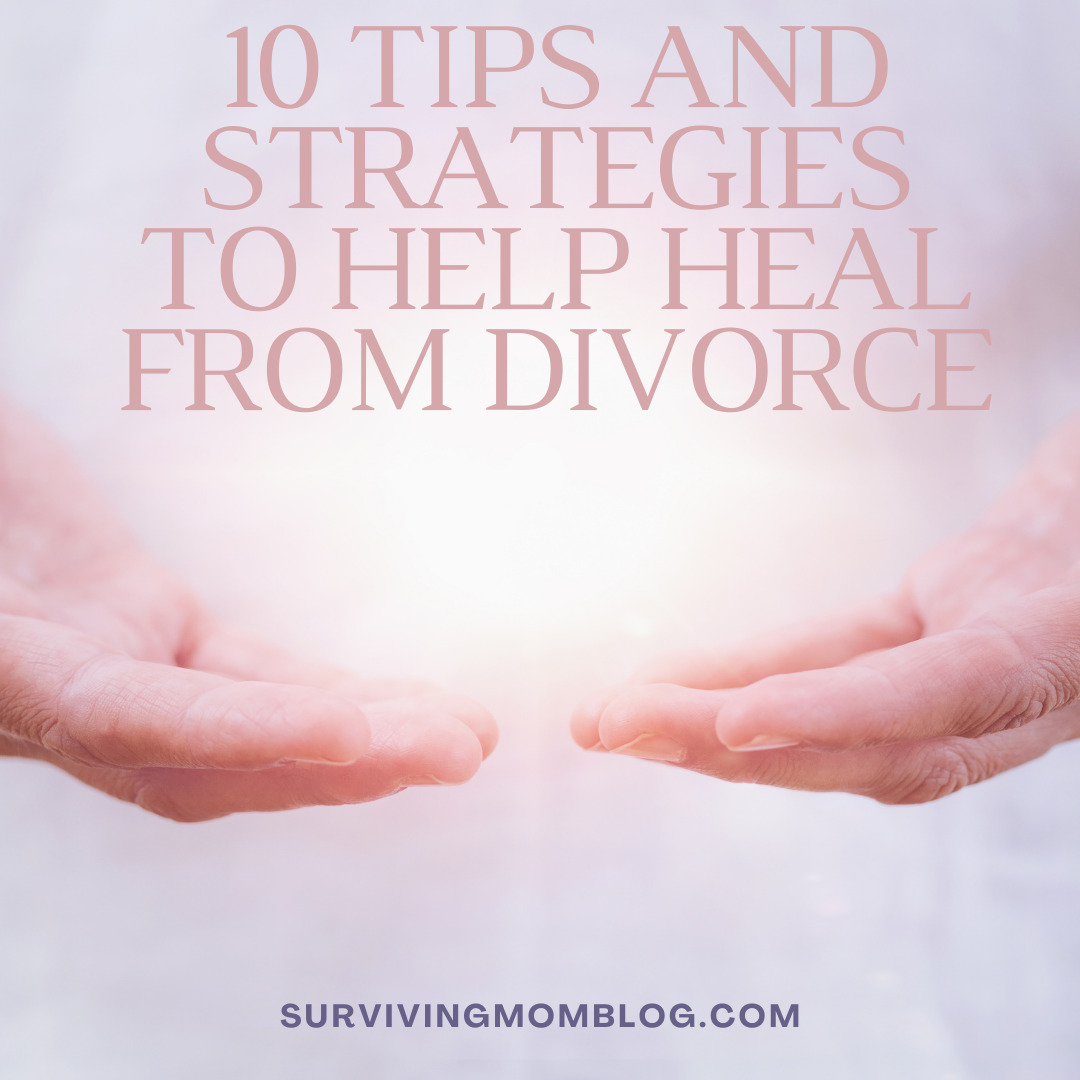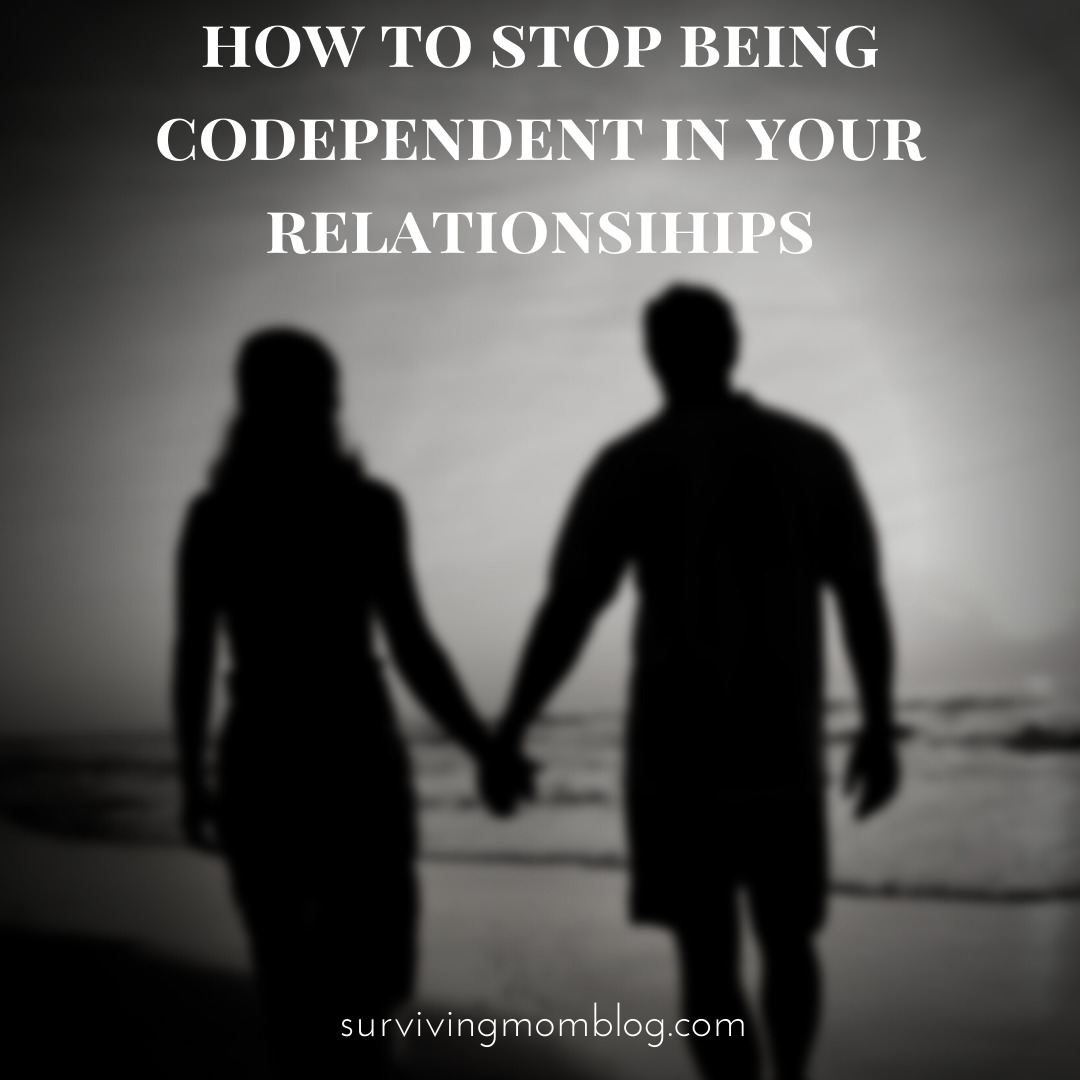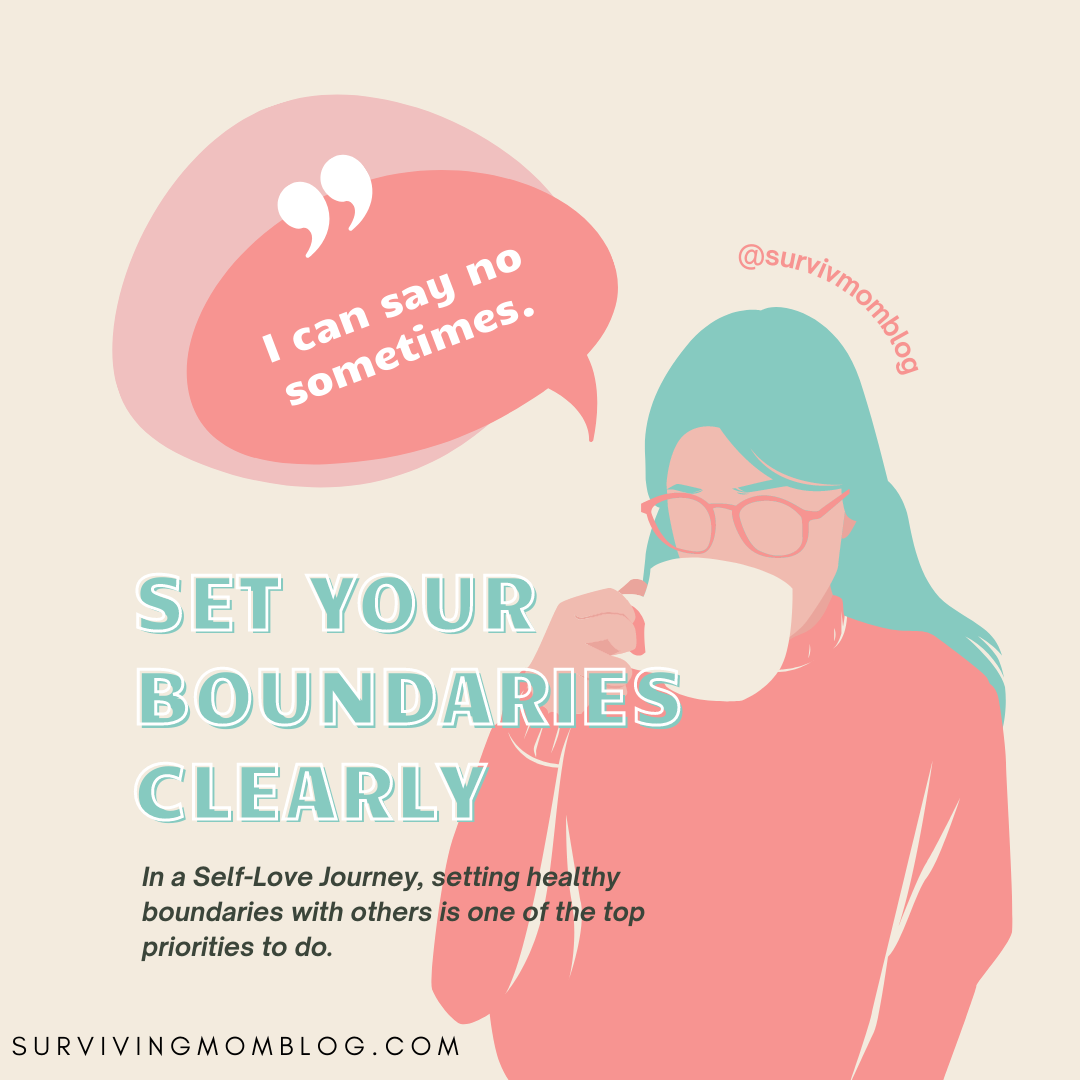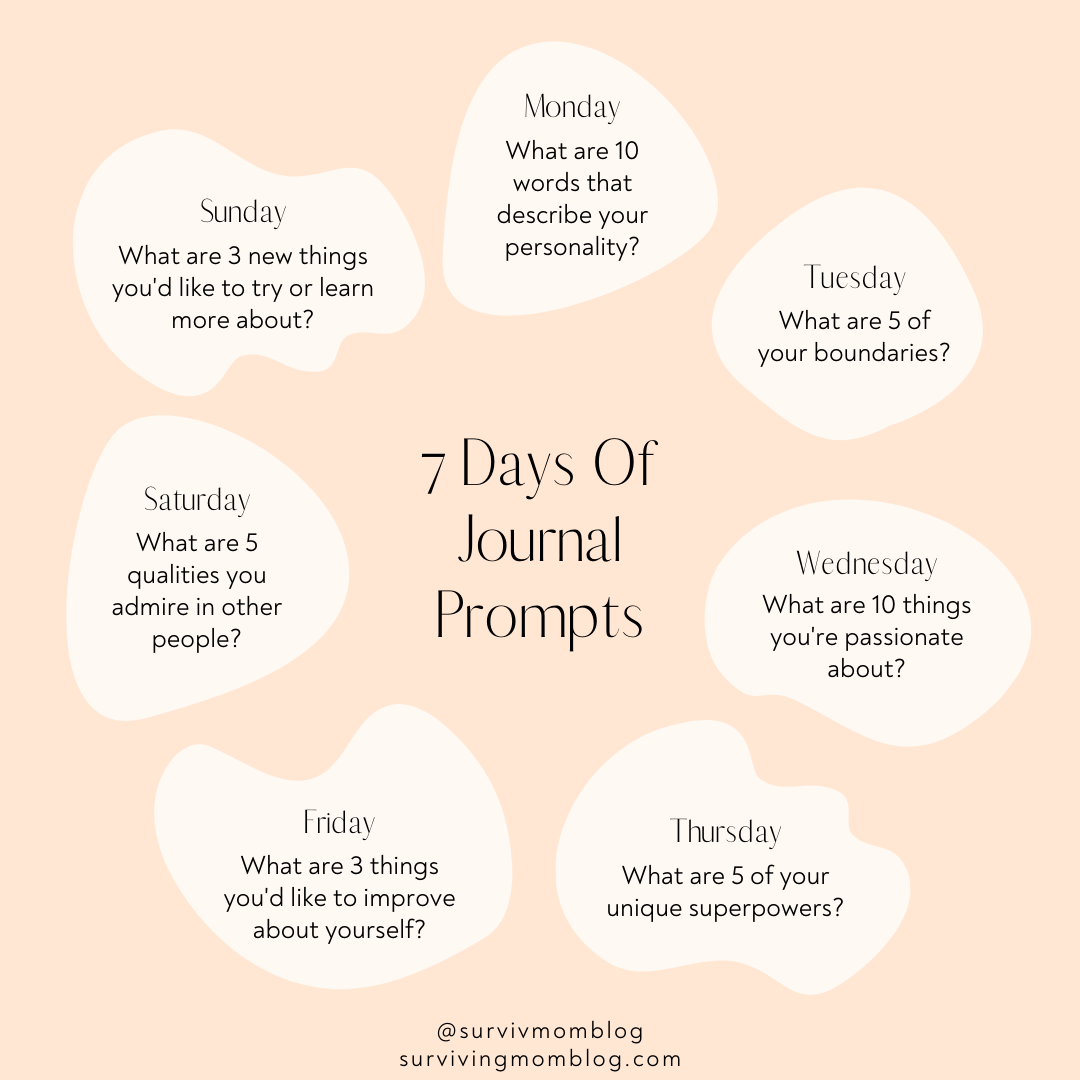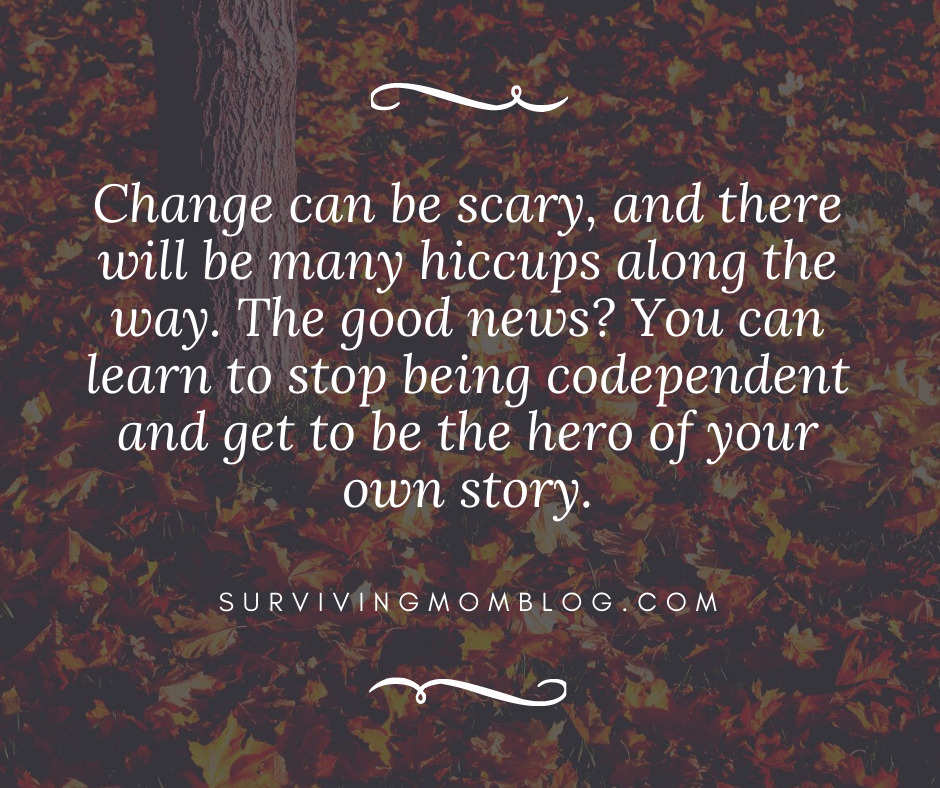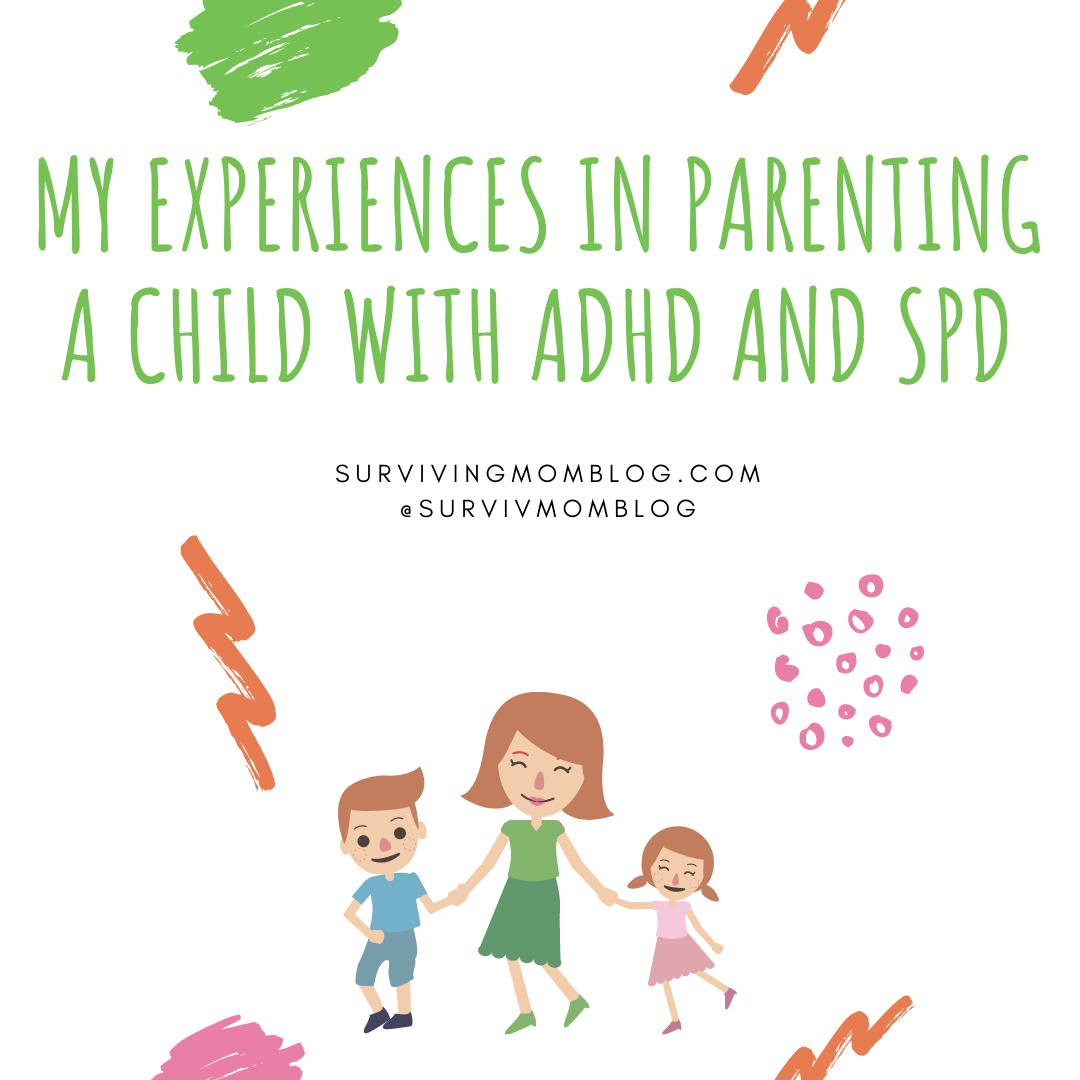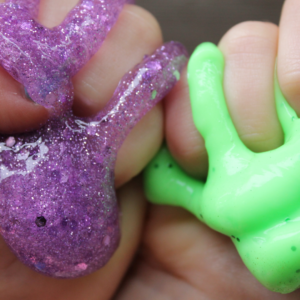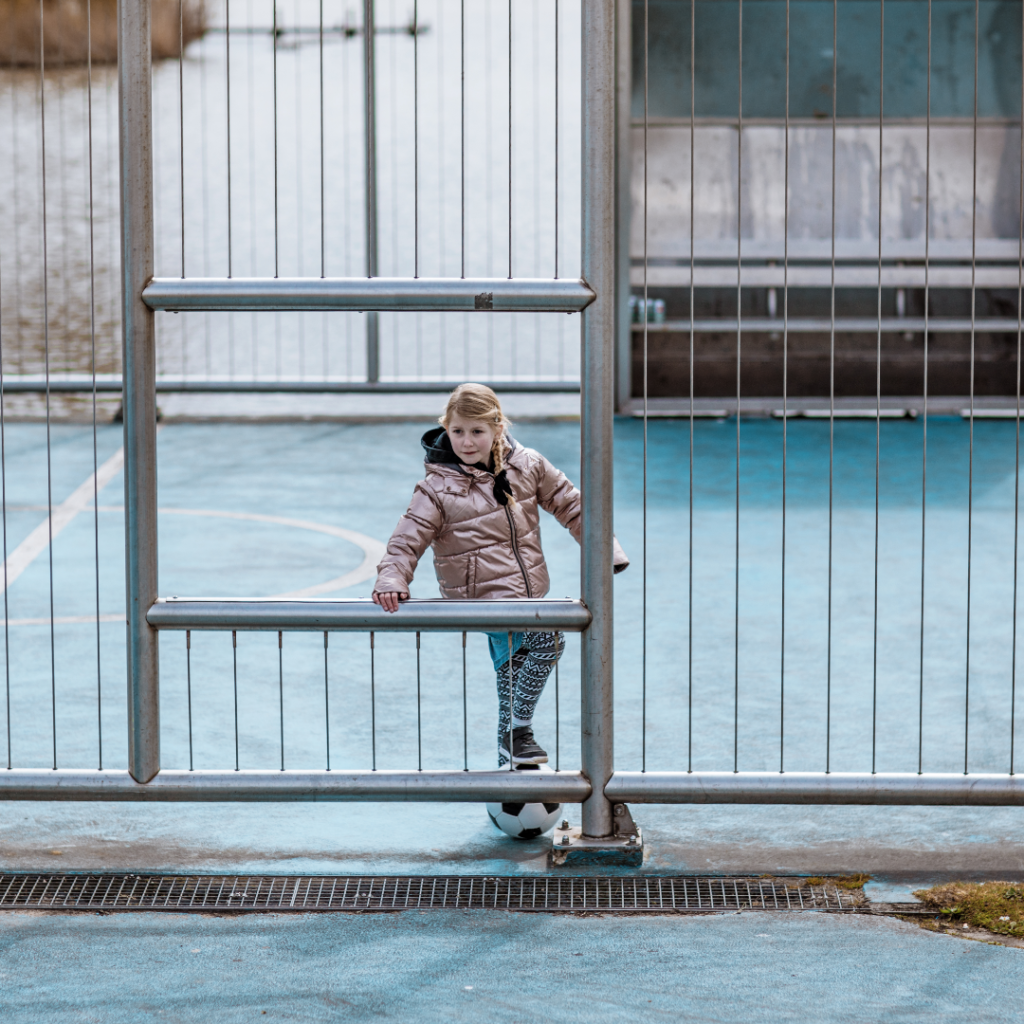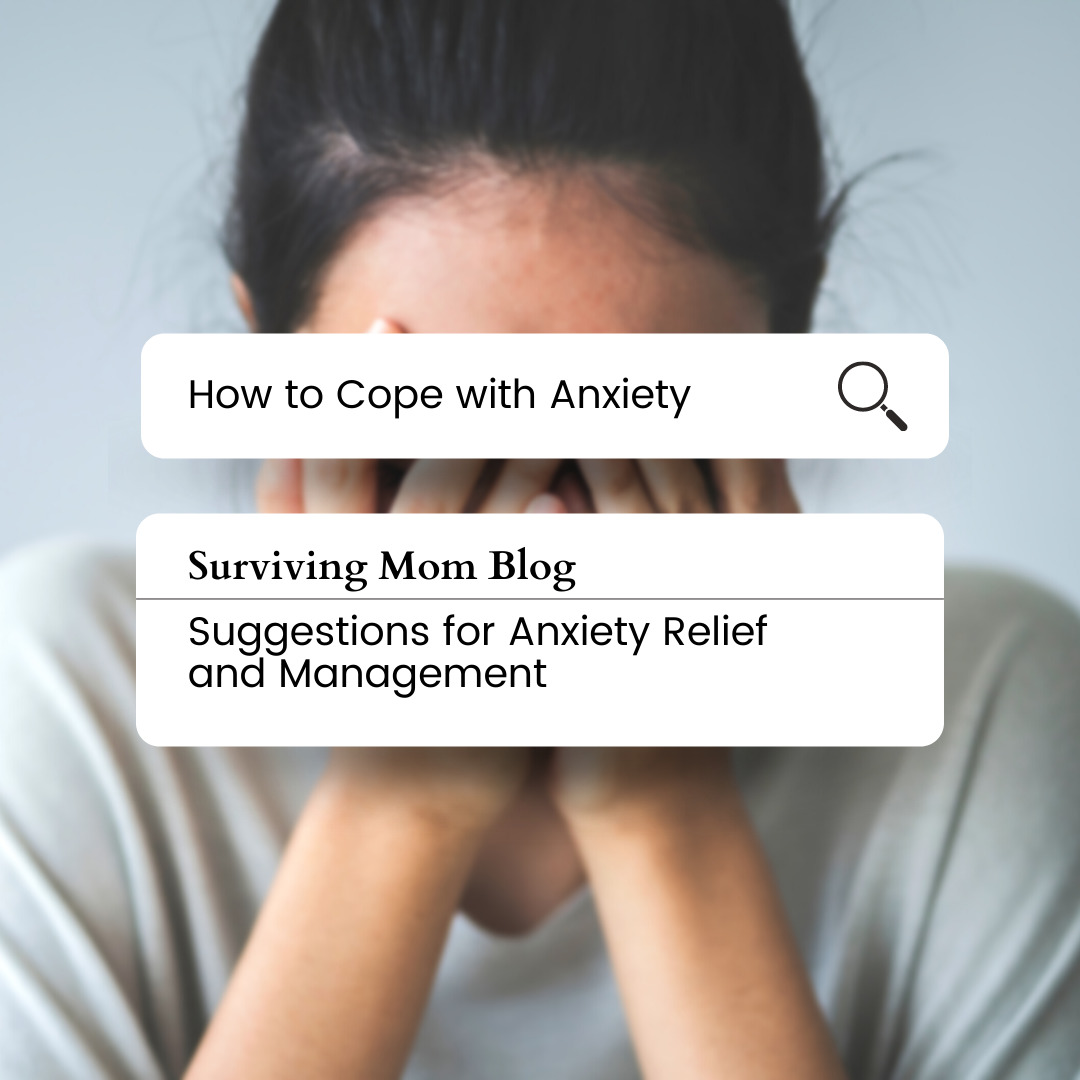
Learning how to cope with anxiety is necessary for all of us. There are numerous ways to reduce anxiety whether you have occasional bouts of anxiety or suffer from an anxiety disorder. If you missed the first article that discusses tools to manage anxiety click here. This article will discuss a variety of other suggestions for anxiety relief and management for children and adults.
Challenge Your Way of Thinking to Help Cope with Anxiety
Anxiety takes place in the mind as well as the body. As a result, it is helpful to notice your thought patterns when you feel anxious and try to adjust/challenge your thinking when necessary. This is helpful to manage anxiety whether you are an adult or child.
Practice self-kindness
It is crucial to not judge yourself for how you are feeling. This will cause a spiraling effect that will only intensify the anxiety. Therefore, when you or your child are feeling anxious, say phrases out loud or to yourself as reminders that it Is okay to feel anxious. You can also think about things that you like about yourself. Phrases can be “I know I feel anxious, but I am trying my best”, “It is okay to feel anxious”, and “I am brave”.
Facing fears
- Those that struggle with making mistakes or the unfamiliar will avoid situations or activities. This is done out of fear of doing something wrong or not feeling prepared. Challenge your fears or your child’s fears by asking what the worst thing is that will happen in the situation. If it is making a mistake, remind yourself or your child that mistakes are part of life. If it is a fear of not participating in an event perfectly, counter the fear of making mistakes with missing out on an opportunity to do something enjoyable.
- Remember that being brave is not a lack of fear. Rather it is being afraid and doing it anyway. When my daughter is anxious, I remind her that anxiety is okay. She cannot control how she feels, but she can control her actions.
- If you have a child that is anxious, make sure to point out when you are anxious about facing your fears. Model your bravery so that your child sees that facing fears is something we all have to face.
Correct extreme thinking
People with anxiety tend to imagine wort-case or what-if scenarios. Therefore, when there is a situation that is causing anxiety, try to reimagine a more realistic portrayal. For example, if a child is afraid of failing, remind your child that they have studied very hard. They may not get a perfect grade, but remind them that they are prepared. If you are anxious about a big meeting, instead of thinking that nobody will like it, remind yourself that you worked hard. Some people may not like every part, but that is not the same thing as every person disliking your entire presentation. Remind yourself or your child of the number of times that things have worked out okay in similar situations. “Getting into a pattern of rethinking your fear helps train the brain to come up with a rational way to deal with your anxious thoughts” ( webmd.com , 2017).
Brainstorm
Anxiety often occurs due to a feeling of lack of control.
a) If there is a situation that is causing anxiety, try to think of things you or your child can do to feel more in control. “If your child gets anxious about intruders, make shutting and locking their bedroom window part of their night-time responsibilities” (healthyfamilies.beyondblue.org.au, 2020).
b) If there is a scary situation that doesn’t have an immediate solution, try brainstorming how to break down the situation into smaller chunks. Create mini-goals that will allow you to eventually reach your ultimate goal. For example, if your child is afraid of riding a bike, first have your child watch other kids on their bikes. Then have your child stand next to his/her bike, then sit on the bike without pedaling, then pedal for ten seconds while holding the bike, etc. This allows time to feel more comfortable with the situation.
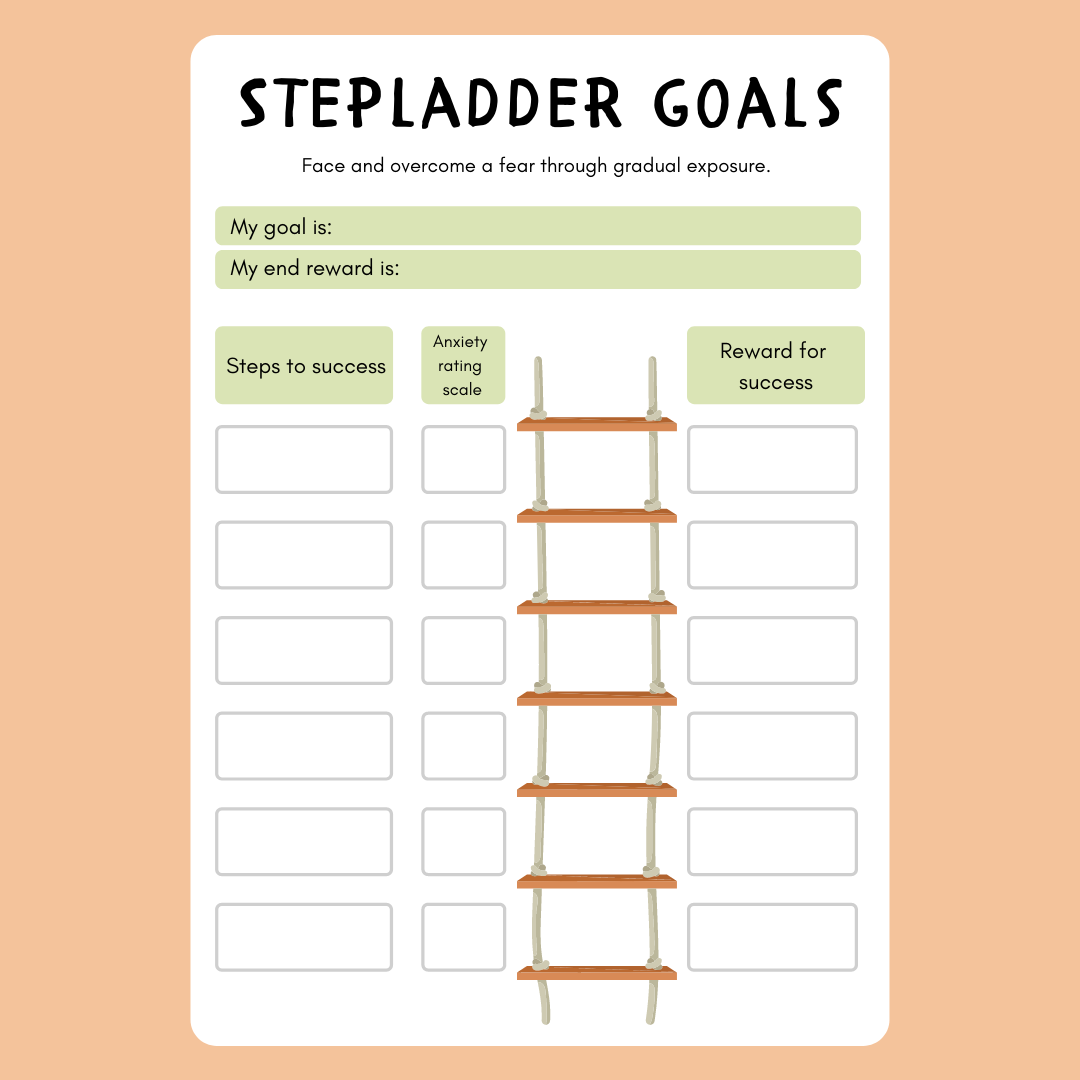
Worry box
- I do this with my daughter at night when her anxiety makes it challenging for her to sleep. I created a “worry box” that she puts all of her worries into when it is not the right time to think about them. She visualizes what the worry box looks like, imagines opening it up, and then lists her worries aloud one by one. When she is done saying everything, she then imagines putting all of the worries into a box and putting a lock on it. She then throws the box into the ocean, over a mountain, out of an airplane, or buries it underground. When I can’t sleep, I run a mental list of worries in my head, imagine putting them in a box, and I imagine putting them somewhere I can’t reach.
- Determine in advance an appropriate time to think/address concerns. That way the anxiety isn’t being dismissed; rather, it is being set aside for a designated time. Try to schedule a time daily that you or your child (or both) can address your concerns. Set a timer for 15 minutes to journal or draw whatever is on your mind. When the timer is up, it is time to stop.
Have difficult conversations
If you have a child that has concerns about big topics, such as death, allow them to come to you with any questions. Talk through their concerns and be honest, while putting things into perspective. If you have a fear of something, do your research and be willing to have an honest conversation (with yourself or find a friend to talk to) that can help you to see things in a more realistic/clearer light.
Stay organized
Take control of your stress by making sure to prioritize your to-do list. Don’t procrastinate, and make sure to schedule your tasks so that you don’t feel overwhelmed. Help your child to stay organized by creating a schedule with time left in to take breaks.
Prioritize mental health
- Make sure to set boundaries so you don’t take on more responsibilities than you can handle. Remember it is okay to say no, and remind your child to be honest so they don’t feel obligated to participate in activities if they have other things they are juggling.
- Incorporate self-care into your daily routine and/or your child’s daily routine.
- Practice anxiety reducing strategies daily and model them for your child so they see healthy coping strategies.
Breathing Exercises for Anxiety Management
People tend to take short, shallow breaths when they are anxious. There are many types of breathing exercises that are meant to invoke relaxation by slowing and deepening the breath. These exercises can be used by adults and children:
4-7-8 Breathing
Inhale for 4 seconds through your nose, hold it for 7 seconds, and exhale for 8 seconds through your mouth. If this is too difficult for your child, you can count aloud while your child breathes or do this alongside your child. An alternative is having your child inhale for 3 seconds, hold for 3 seconds, and then exhale for 3 seconds.
Deep belly breathing
Inhale while filling your stomach with air and then let the air leave your stomach while you exhale. You can do this while doing the 4-7-8 or instead concentrate on slowly and evenly inhaling and exhaling. If helpful, you can think “in” during inhalation and “out” during exhalation.
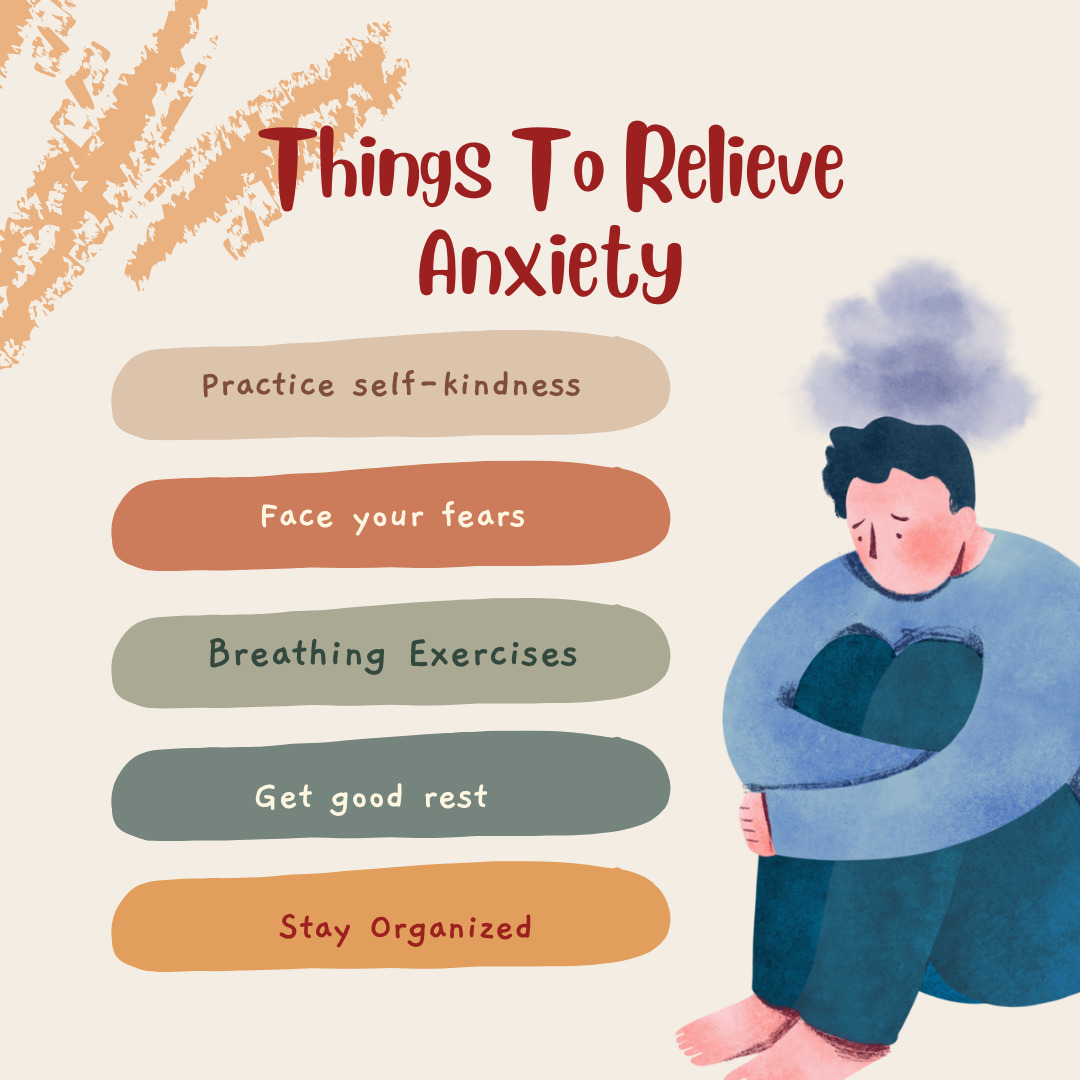
Progressive Muscle Relaxation
This is a favorite of mine for stress relief. It involves tensing and releasing your body from your head to her toes. To do this, inhale while tensing/contracting the body part, hold it for 8 seconds, and then exhale while relaxing/releasing the body part. Start with your feet, and work your way upward to the calves, thighs, pelvis, stomach, chest/neck area, arms, hands, and then face. At the end tense everything at the same time, hold, and release.
Vagus Nerve Stimulation
Take an inhale and then exhale for as long as possible while vibrating your lips to make a “wwww” or “ommm” sound. According to Neurosculpting Instititue, “The researchers found that the vibrations from ‘OM’ chanting stimulate the vagus nerve, which then sends out neurotransmitters and electrical signals that reduce activity to key areas of the brain like the amygdala, associated with our flight/fight/freeze response. In addition, the increased oxygenation of the blood from the vibration facilitates feelings of relaxation and release in the muscles and structure of the body.”
Aromatherapy is Helpful to Cope with Anxiety
Essential oils and scented candles both promote relaxation and relieve stress (healthline.com, 2018). Children can benefit from aromatherapy as well, but consult with your child’s pediatrician first to ensure proper usage.
Some of the ones most associated with promoting calmness are:
- Lavender Essential Oil
- Lavender Scented Candle
- Rose Essential Oil
- Rose Scented Candle
- Vetiver Essential Oil
- Vetiver Scented Candle
- Bergamot Essential Oil
- Bergamont Scented Candle
- Roman Chamomile Essential Oil
- Roman Chamomile Scented Candle
- Neroli Essential Oil
- Neroli Scented Candle
- Frankincense Essential Oil
- Frankincense Scented Candle
- Sandalwood Essential Oil
- Sandalwood Scented Candle
- Ylang Ylang Essential Oil
- Ylang Ylang Scented Candle
- Orange/Orange Blossom Essential Oil
- Orange/Orange Blossom Scented Candle
- Clary Sage Essential Oil
- Clary Sage Scented Candle
- Geranium Essential Oil
- Geranium Scented Candle
Sleeping Through Anxiety
Sleep and anxiety are interconnected. Anxiety disorders can cause insomnia, and lack of sleep can worsen anxiety and emotional health. “Strong evidence indicates that sleeping problems are not only a symptom of anxiety. Instead, sleep deprivation can instigate or worsen anxiety disorders “ (sleepfoundation.org, 2020). My daughter and I both suffer from sleep problems, and I discuss numerous solutions to aid in sleeping here.
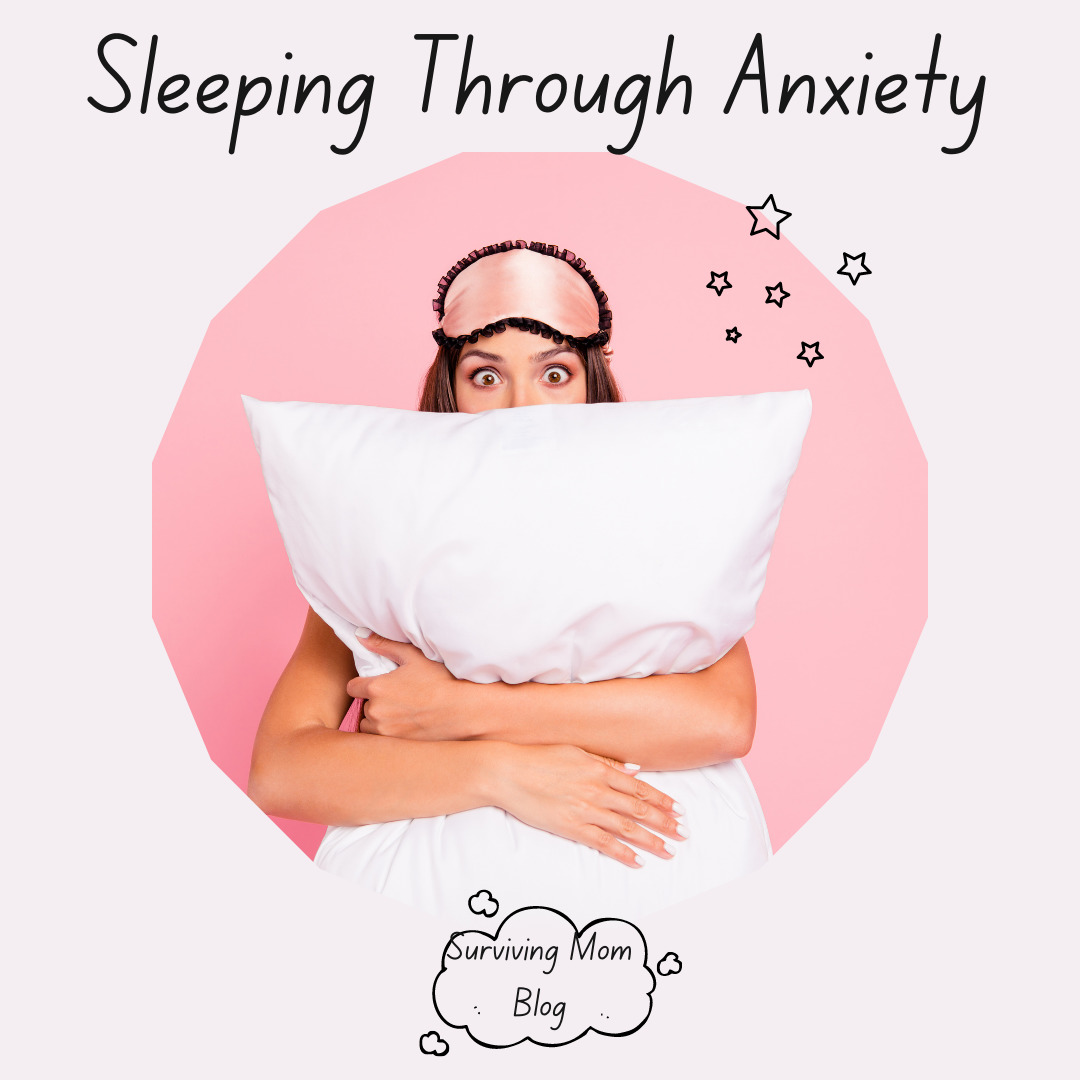
Get the most use out of these anxiety reducing strategies
- Remember that as with most things, there is not a one-size-fits-all strategy. What works well for one, may not be the strategy of choice for another. There will be trial and error as you see which strategies work best for you and/or your child.
- Don’t assume that if something doesn’t work the first time (or as soon as you try it), that means that it won’t be effective. Allow the chance to acclimate to these practices. Keep track of their effectiveness by rating how you feel on a scale of 1-10 (1 being least anxious, and 10 being most) before and after. Try each a few times and see if the numbers change to determine whether it is a strategy to add to your tool box or not.
- Become familiar with how to do these strategies (i.e., practice doing them) so that you able to utilize them fully when the need arises. Try using them when you aren’t in distress so they are familiar when necessary.
- Utilize these strategies as soon as you feel anxious. It will make it harder to alleviate your anxiety if you wait until it escalates to try and manage it.
- Try to focus on sensations rather than feelings. If you focus on your anxiety, it will only make you feel more anxious. Try focusing on the sensations or facts rather than your emotions.
I hope these suggestions on how to cope with anxiety are helpful. Please share this post if you know someone who is struggling with anxiety! Don’t forget to ask for help from a professional if your anxiety is interfering with your quality of life.





